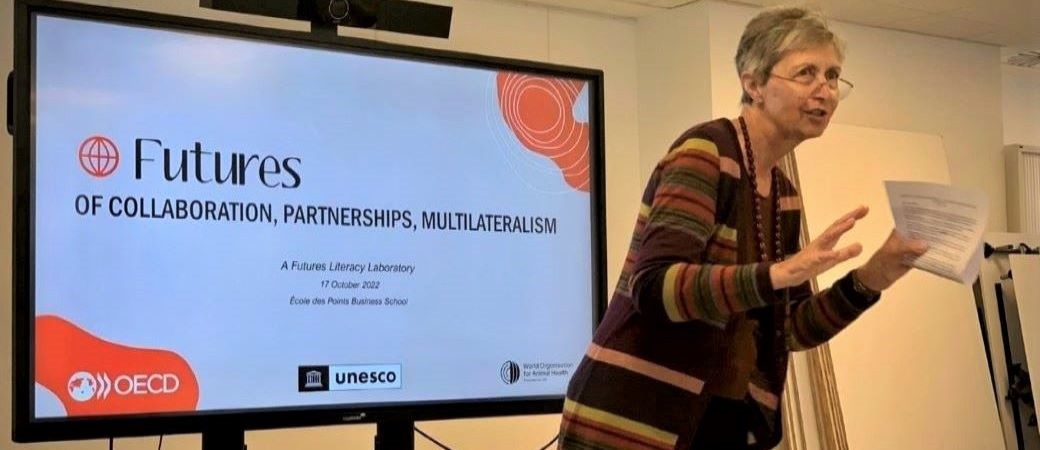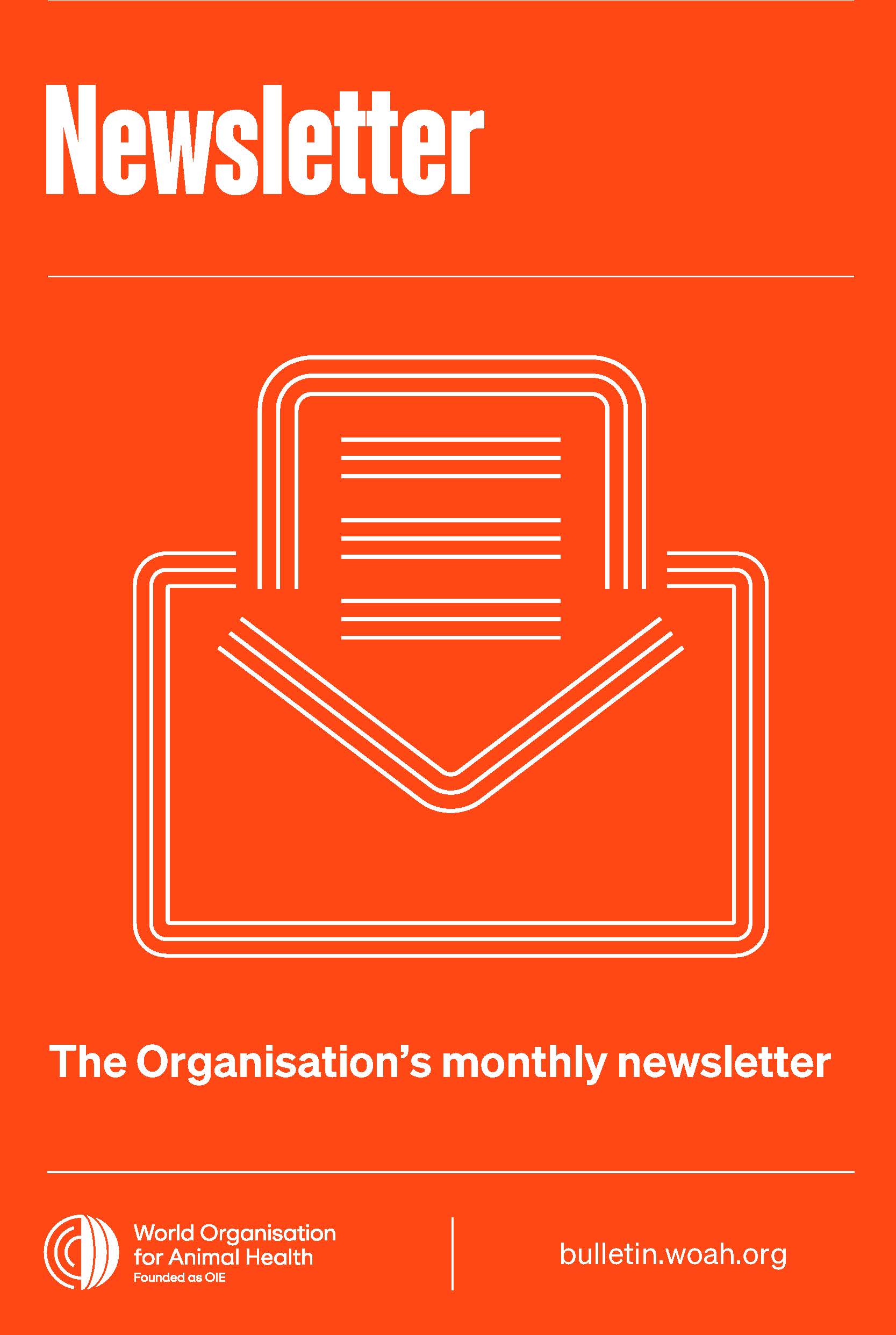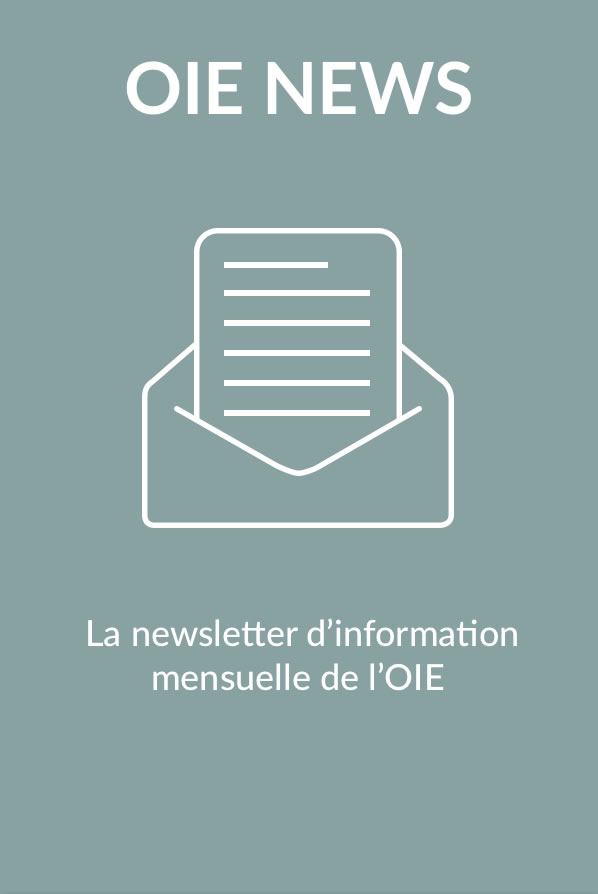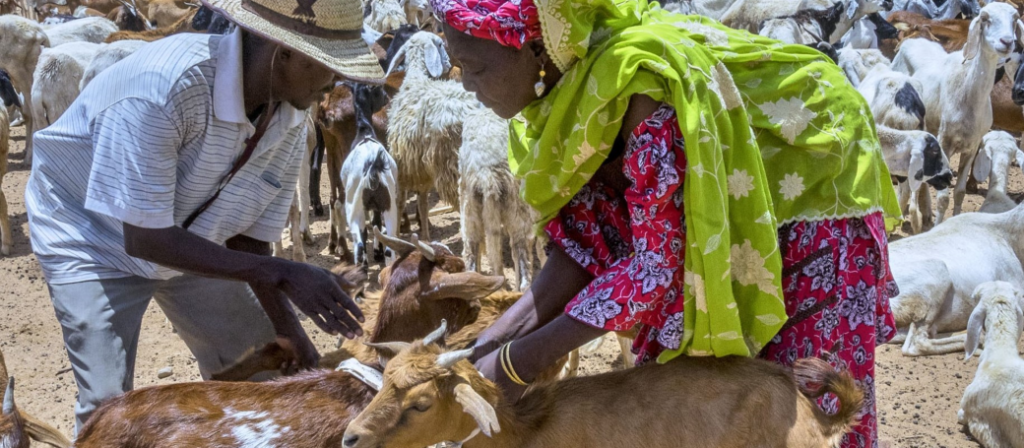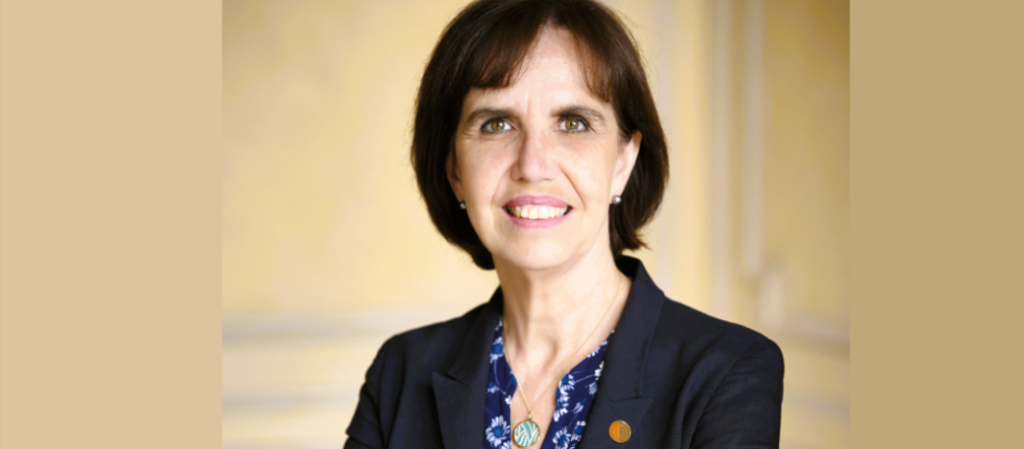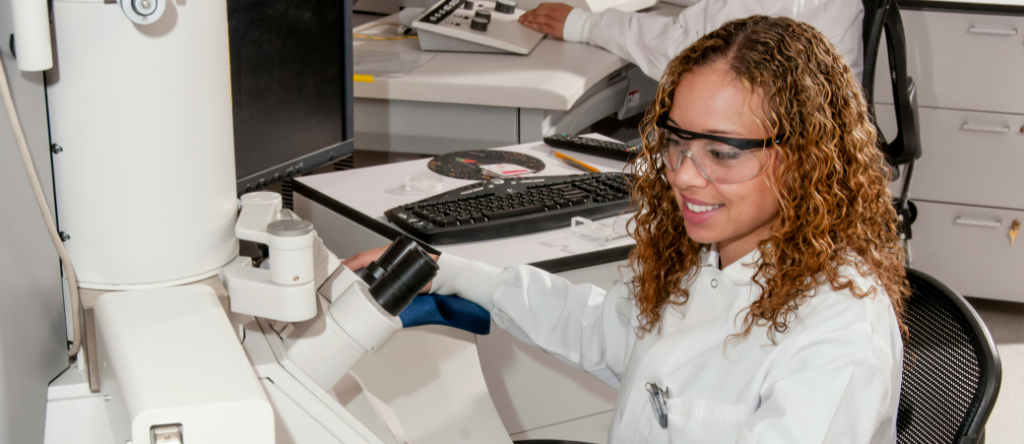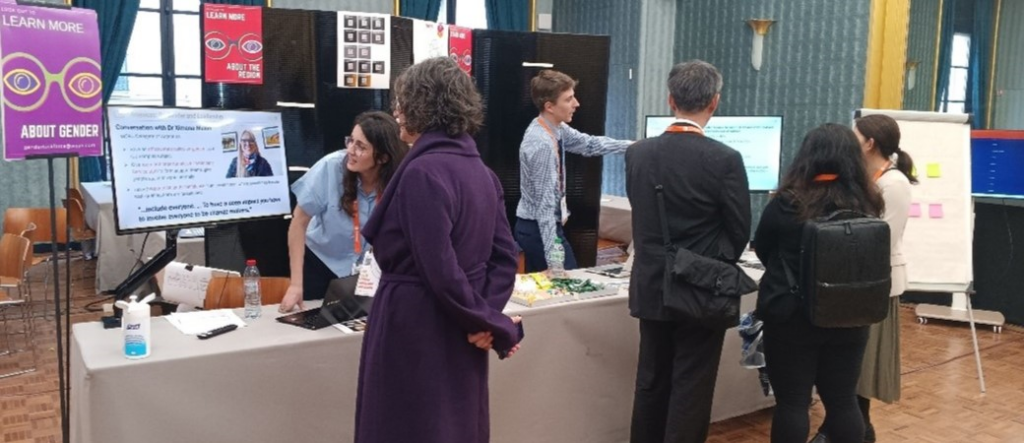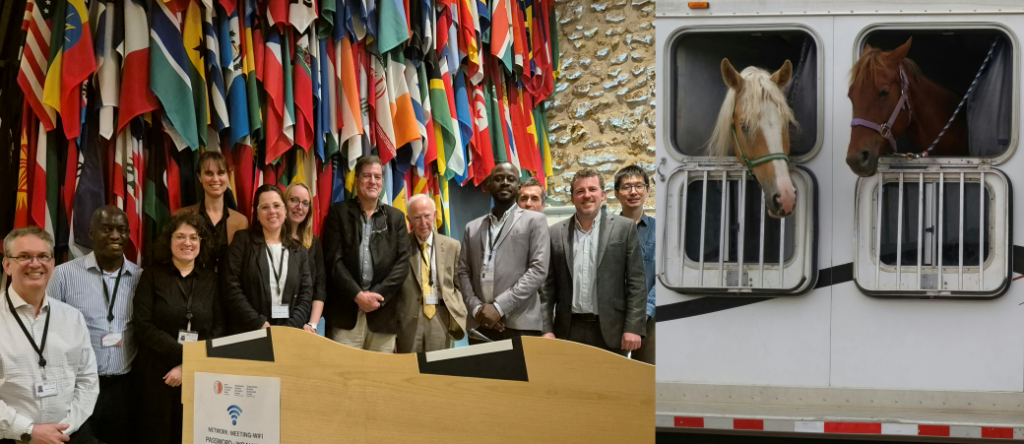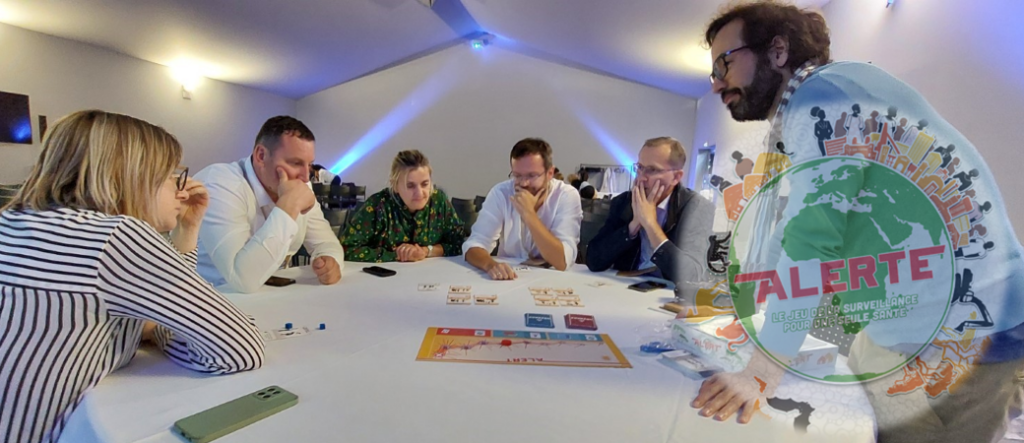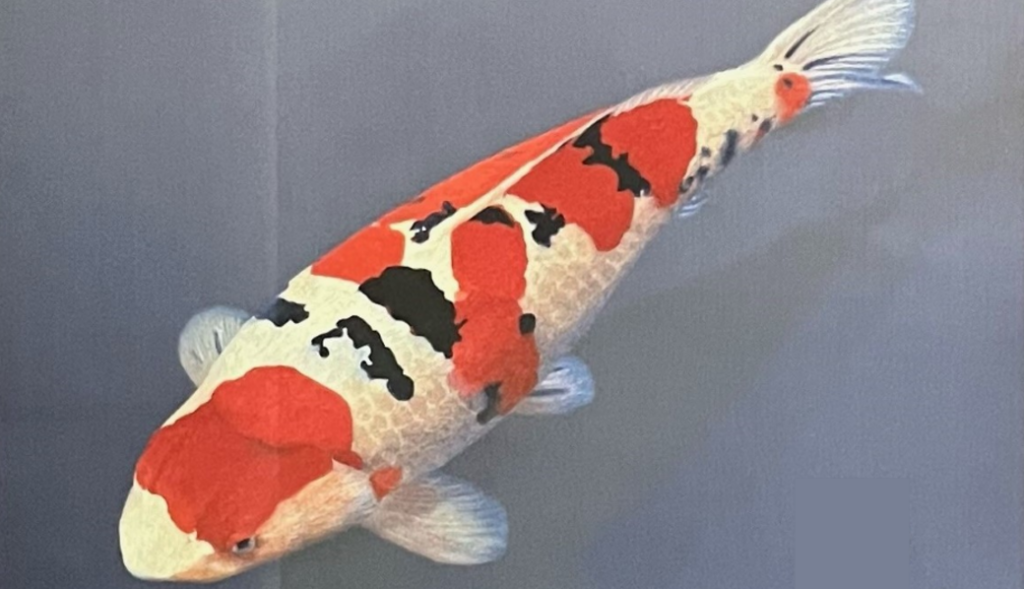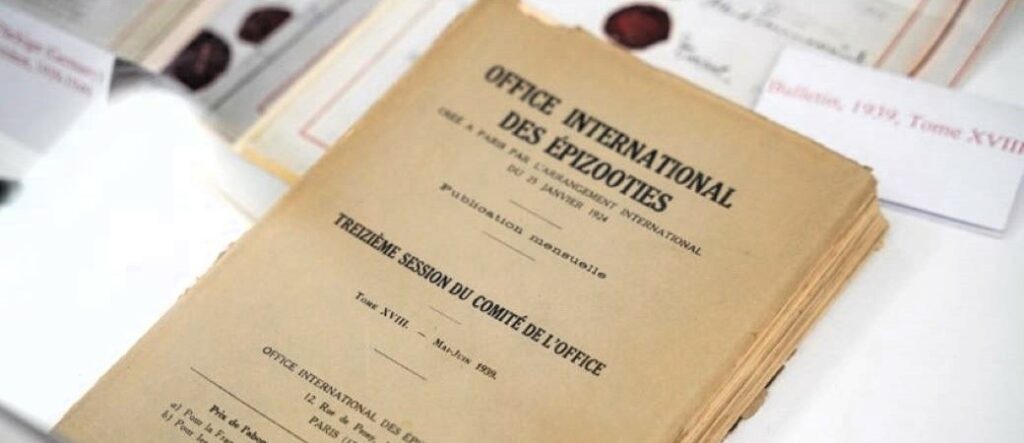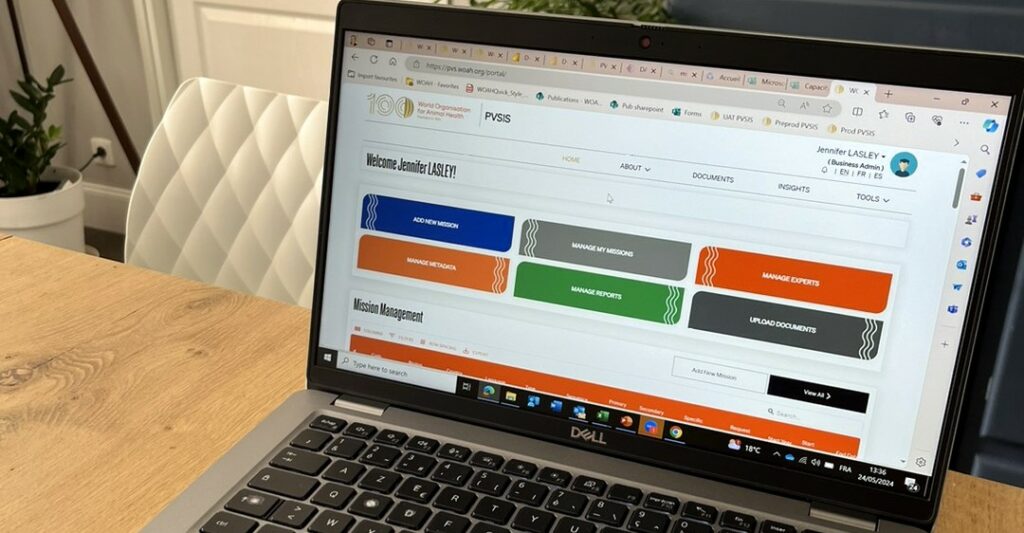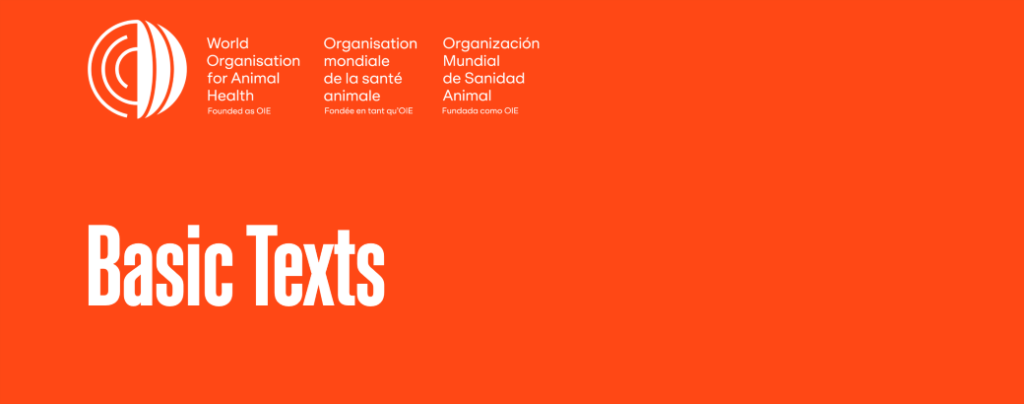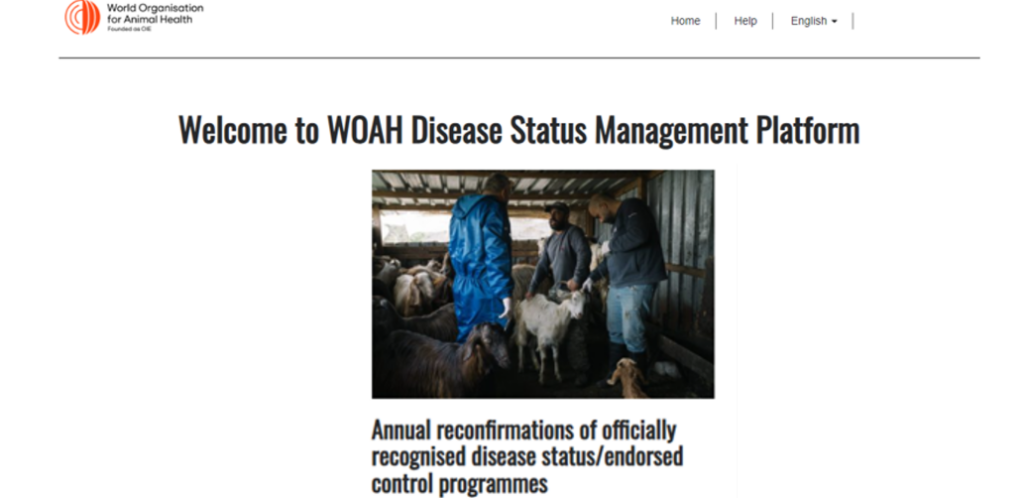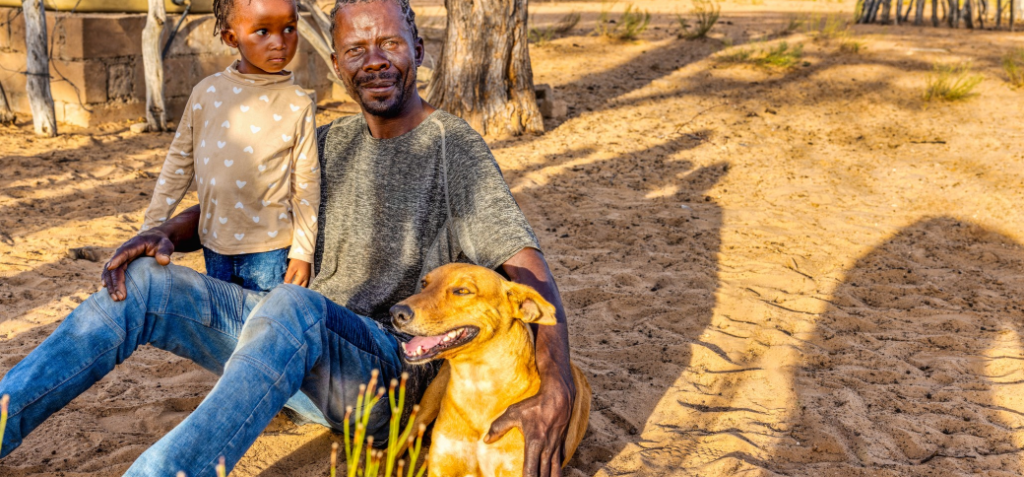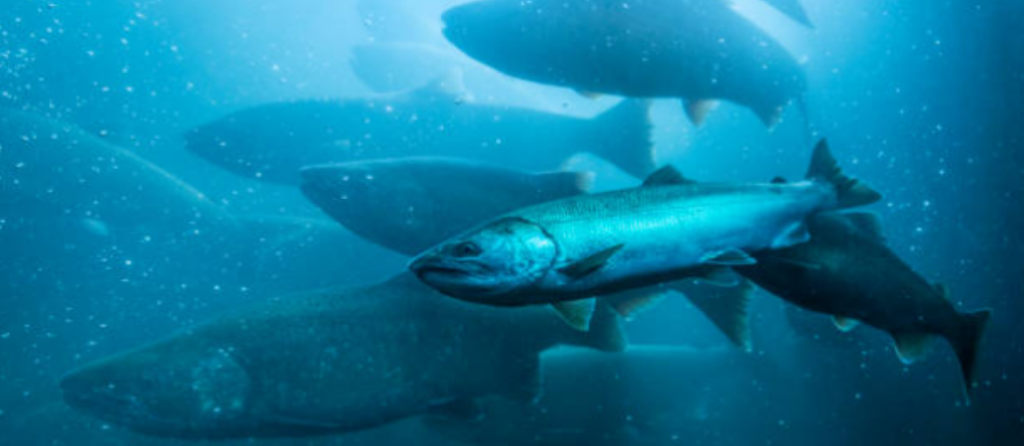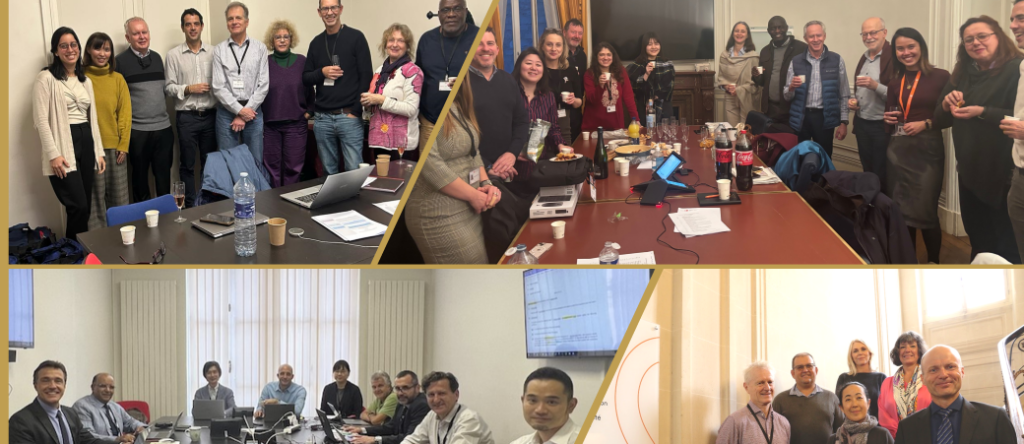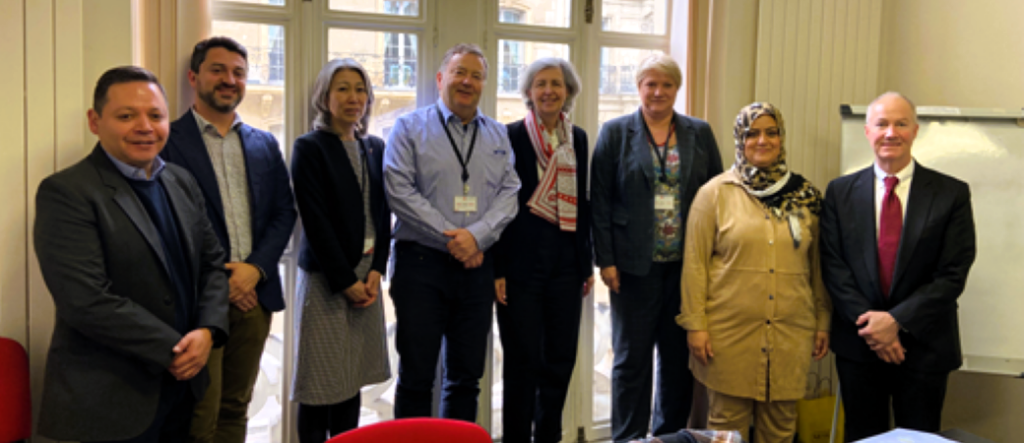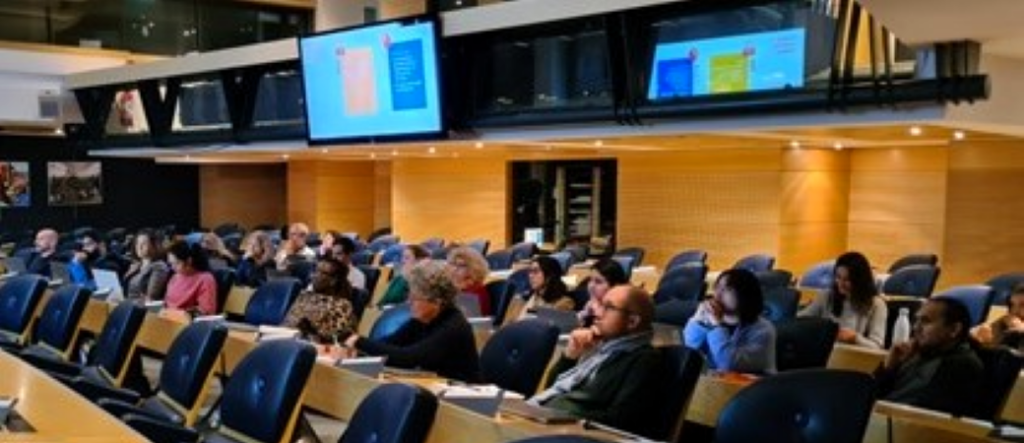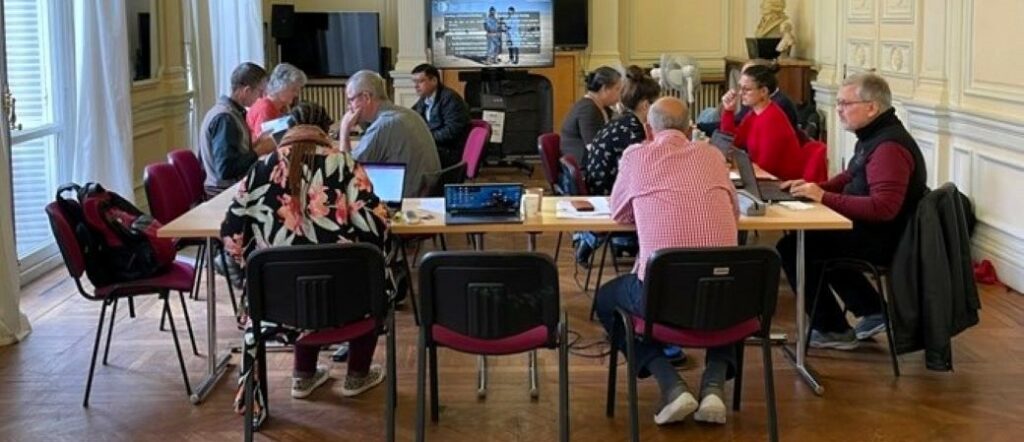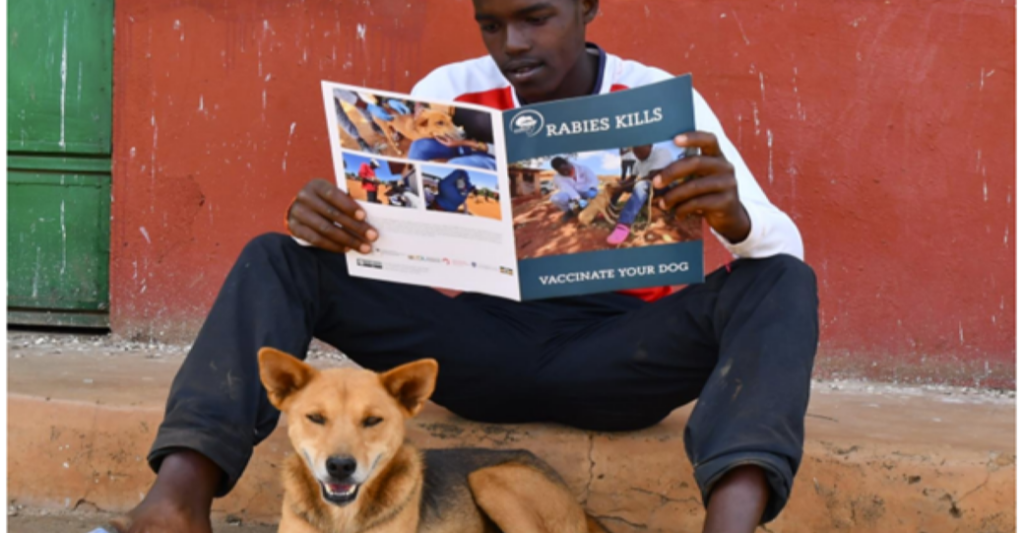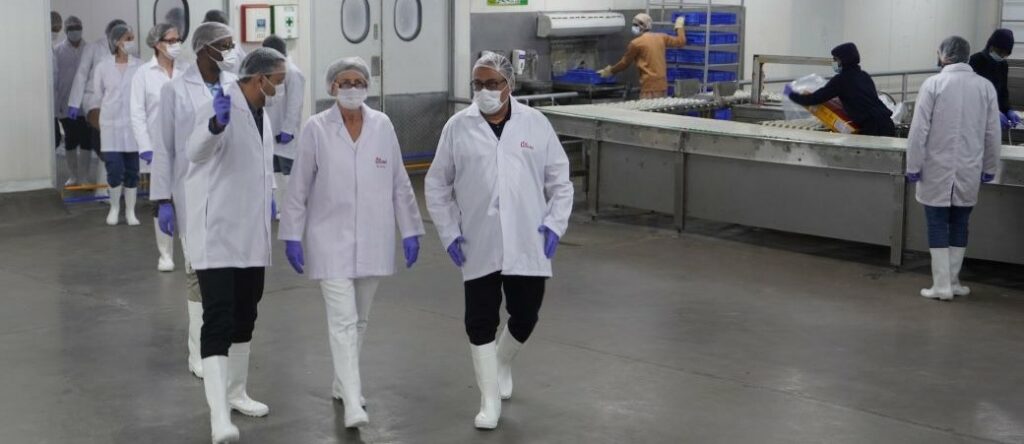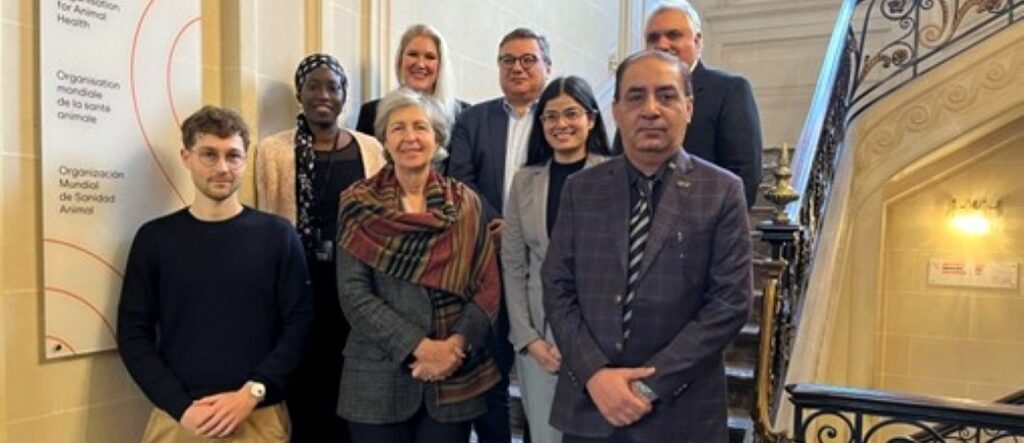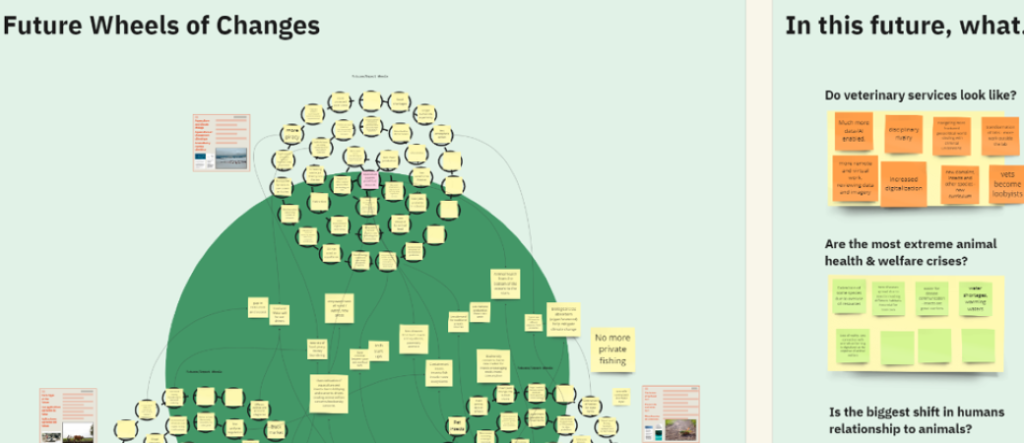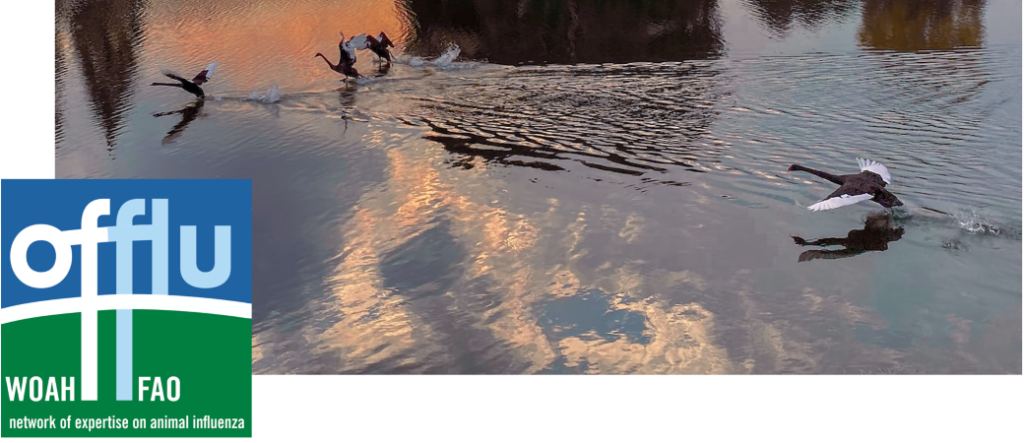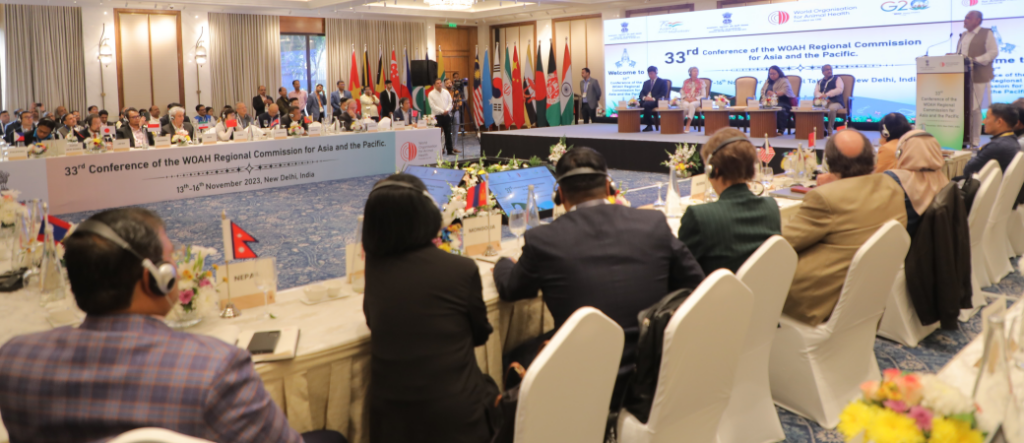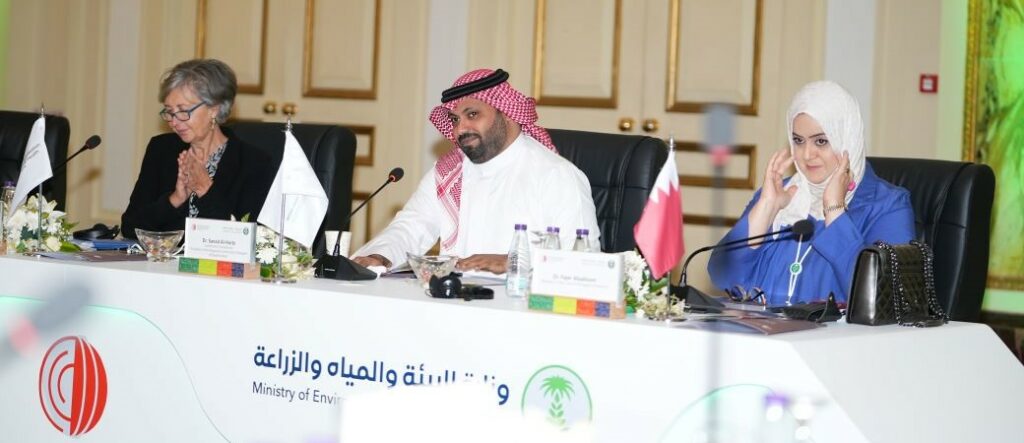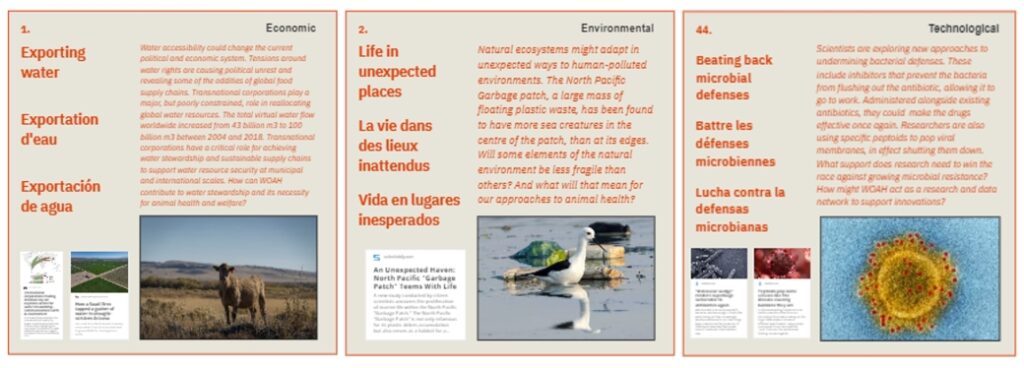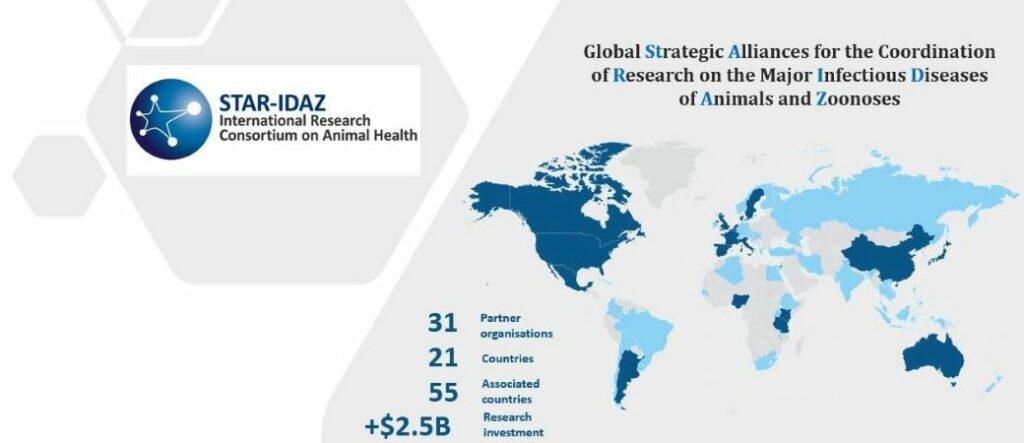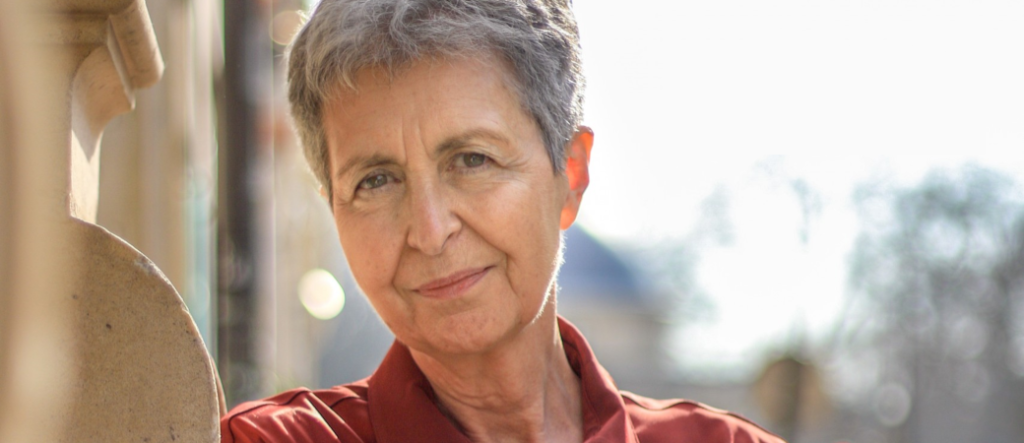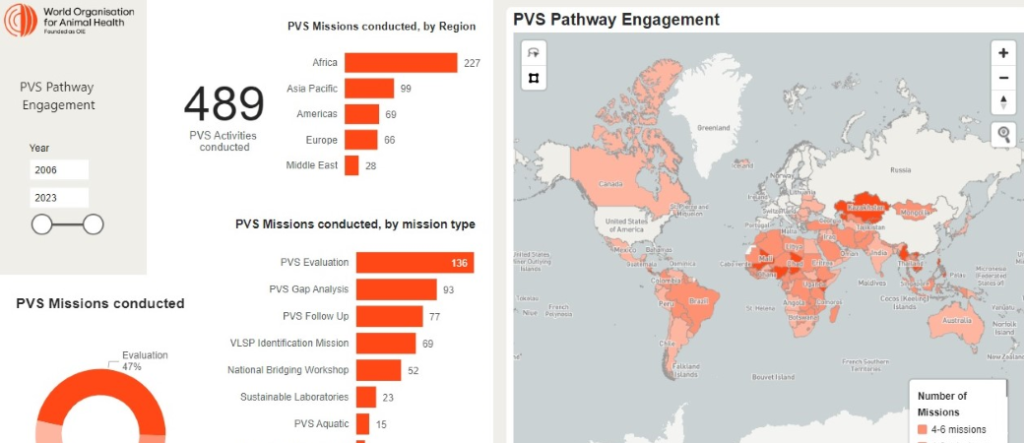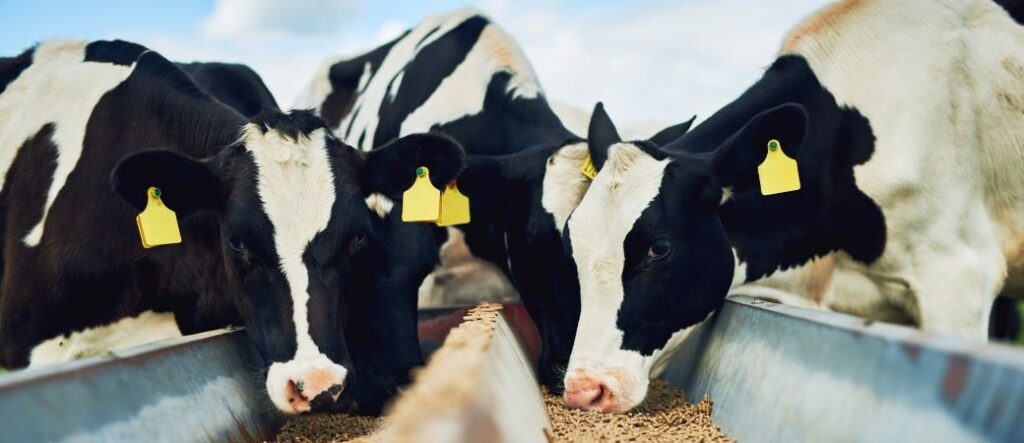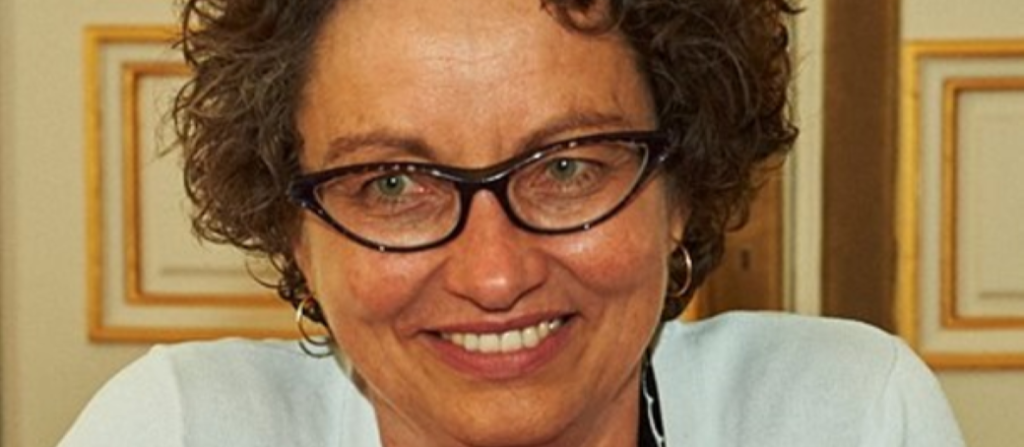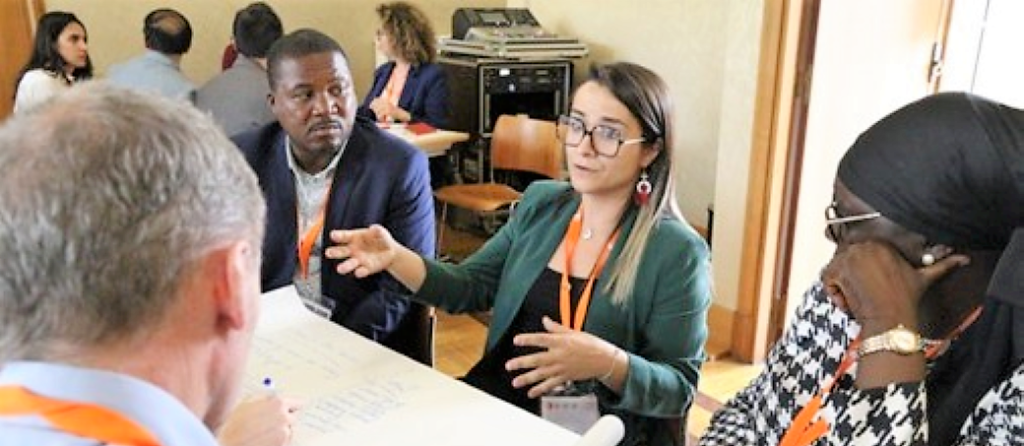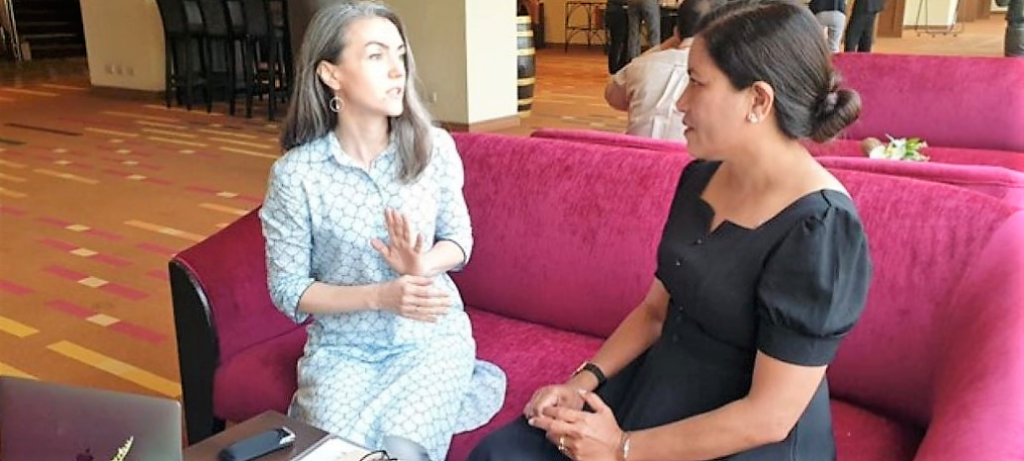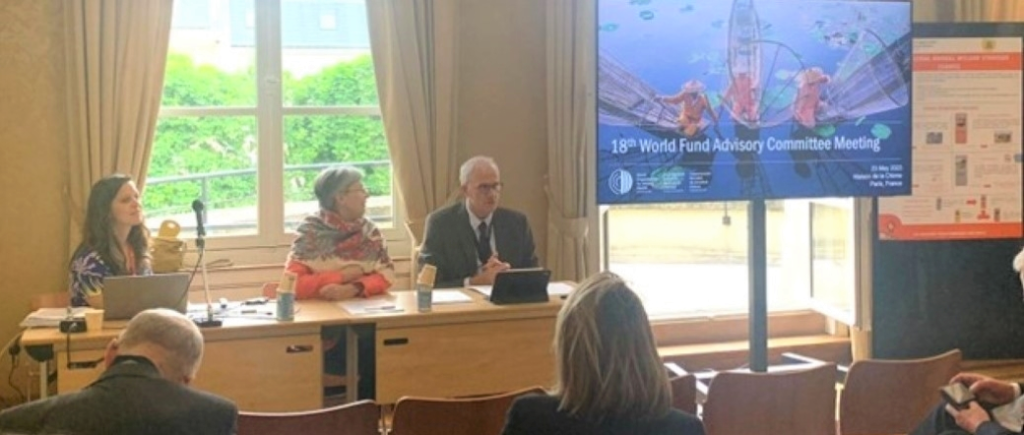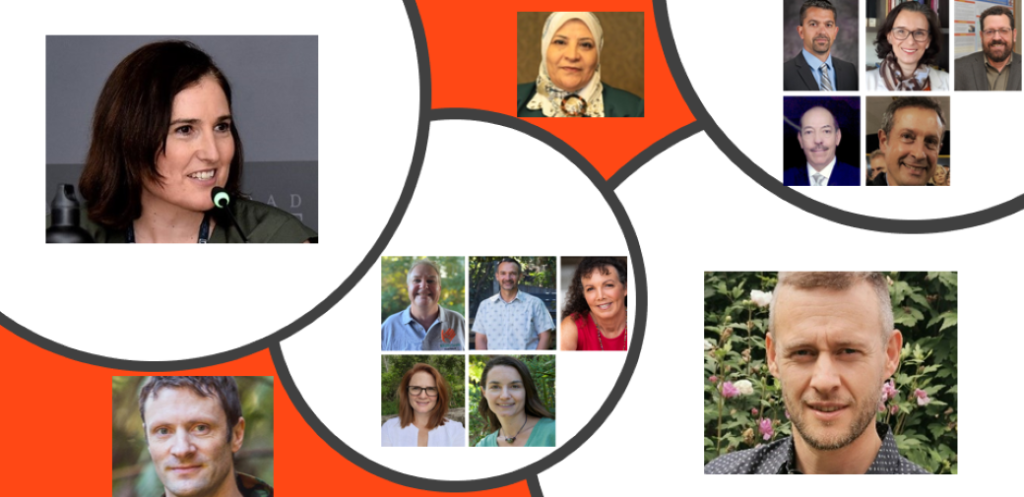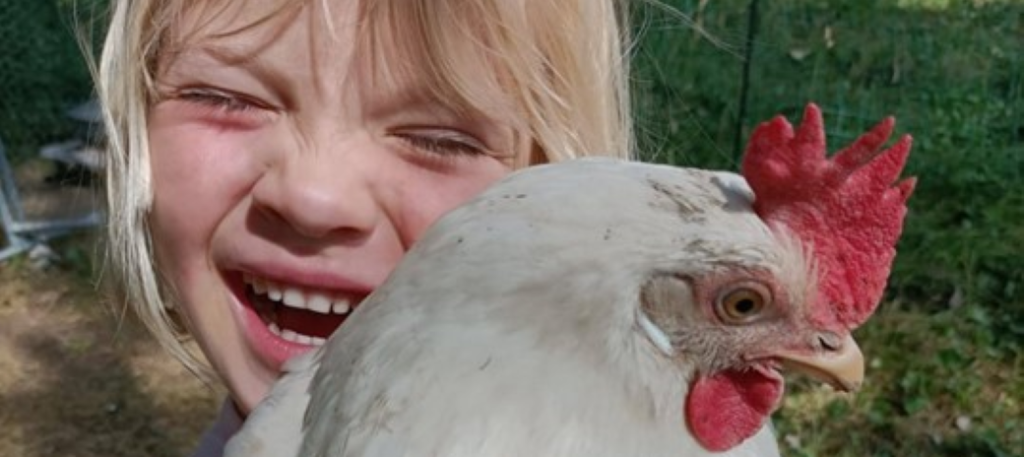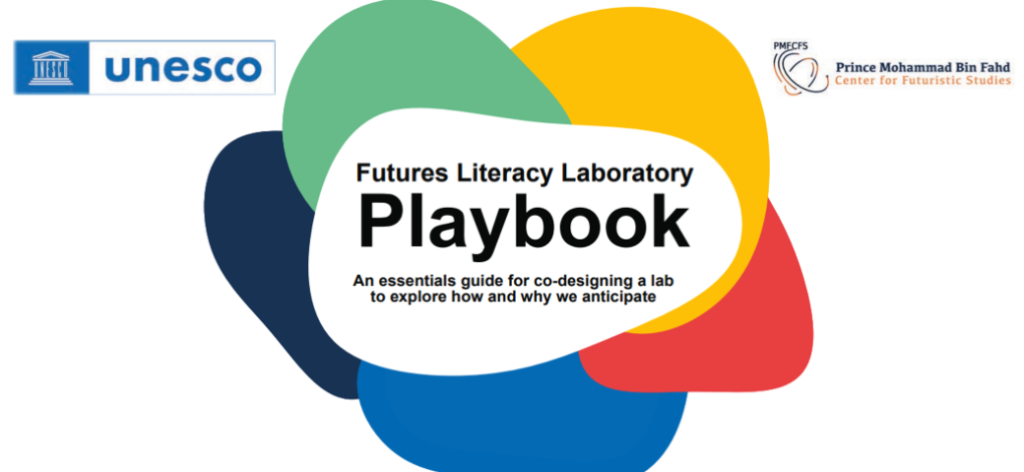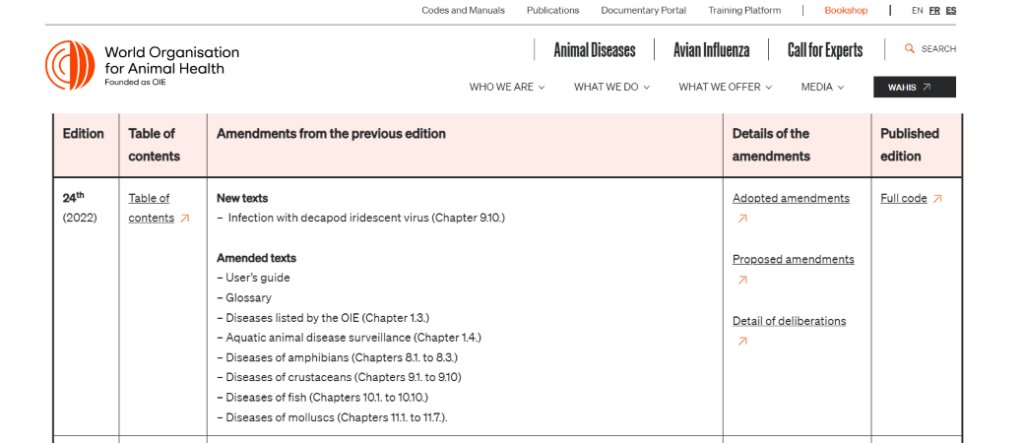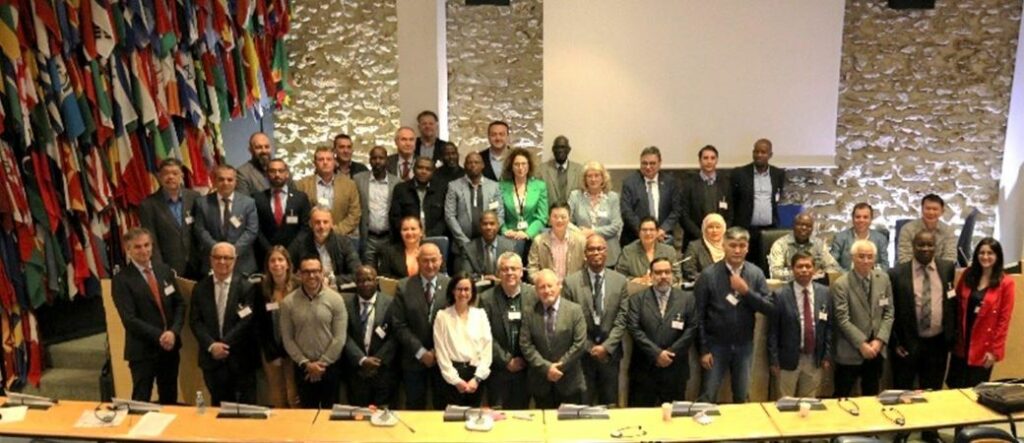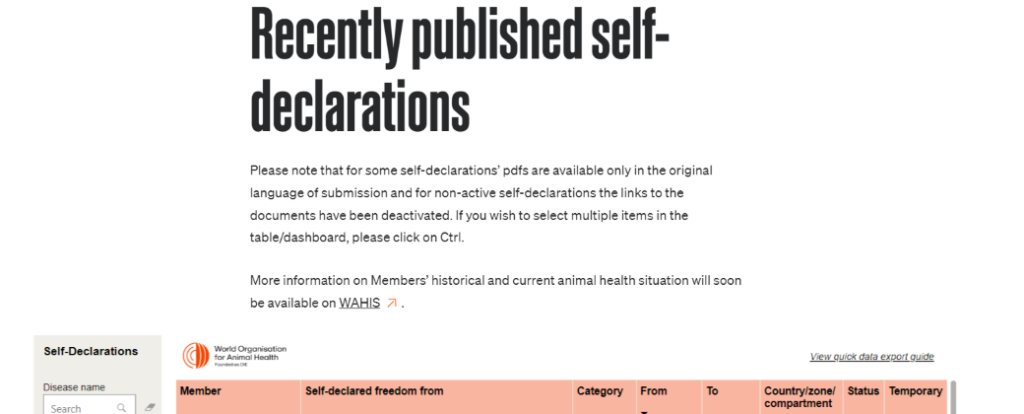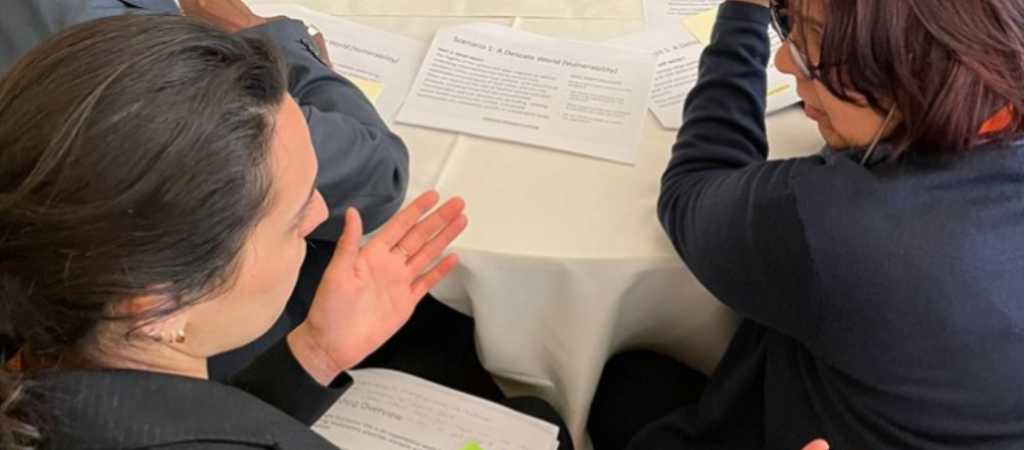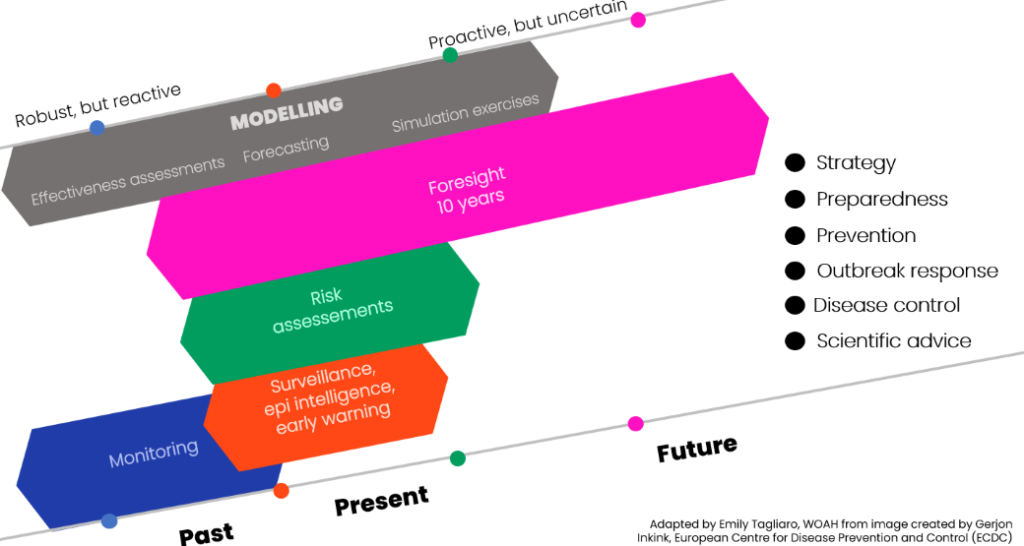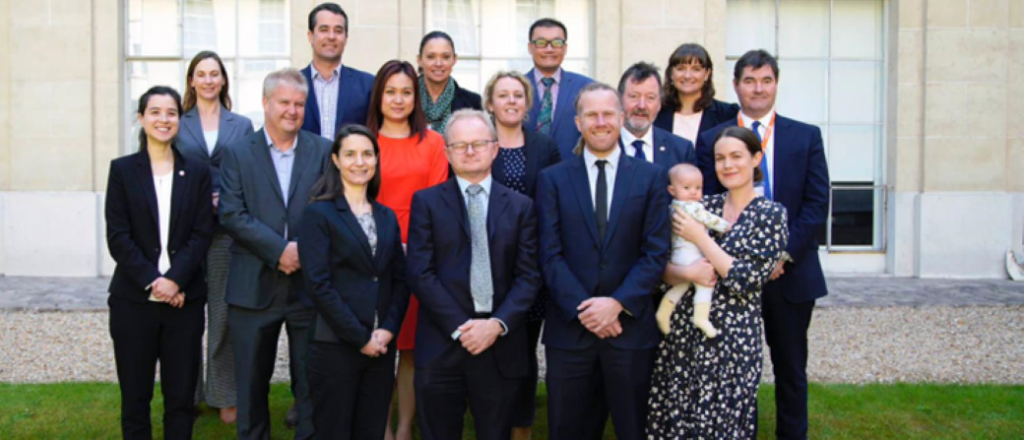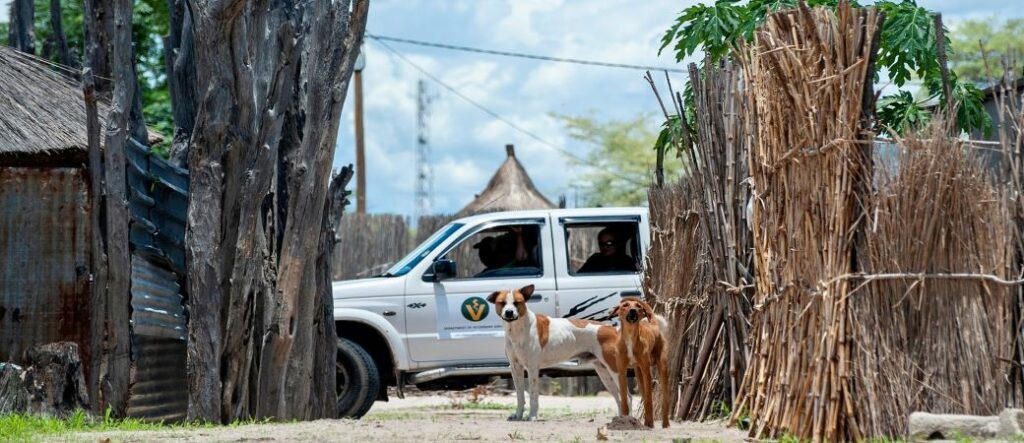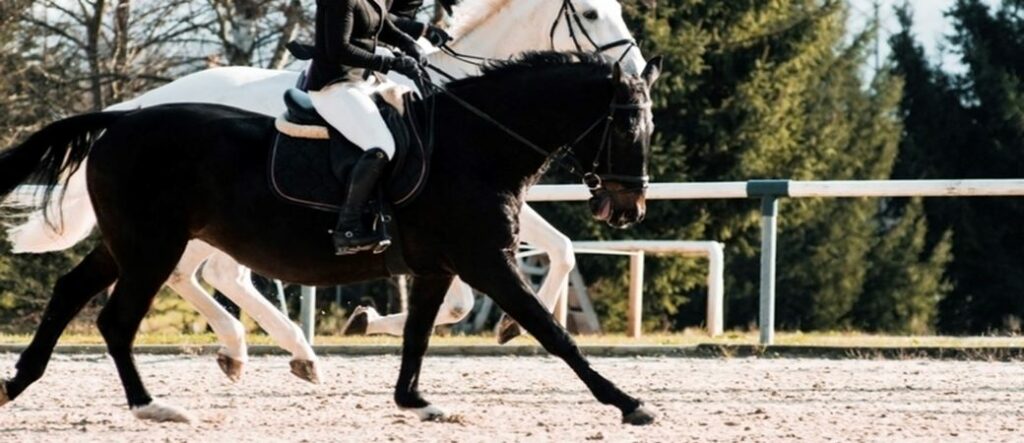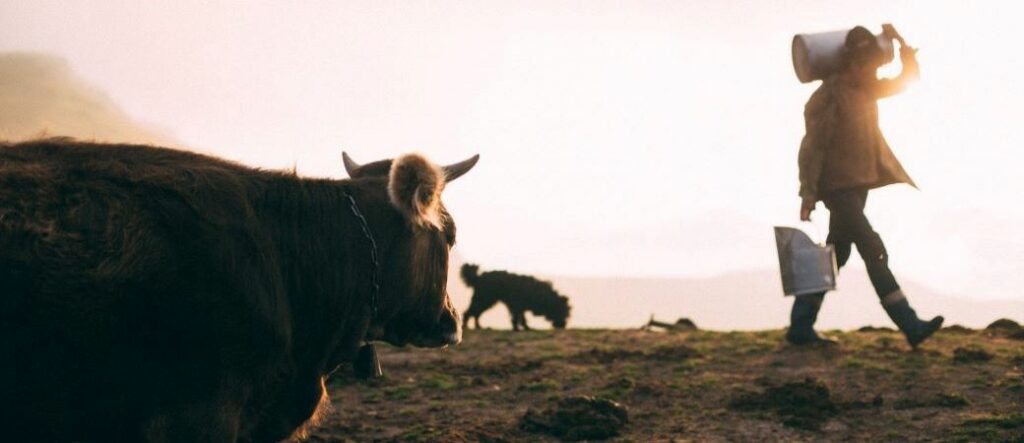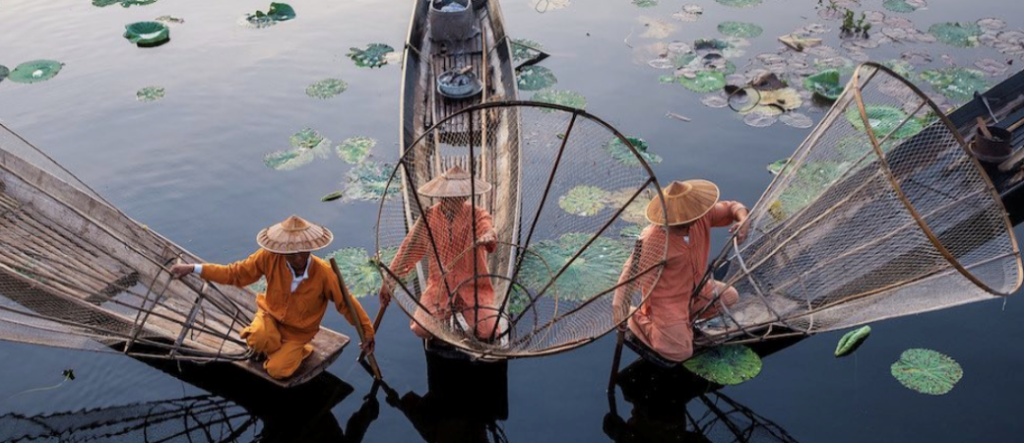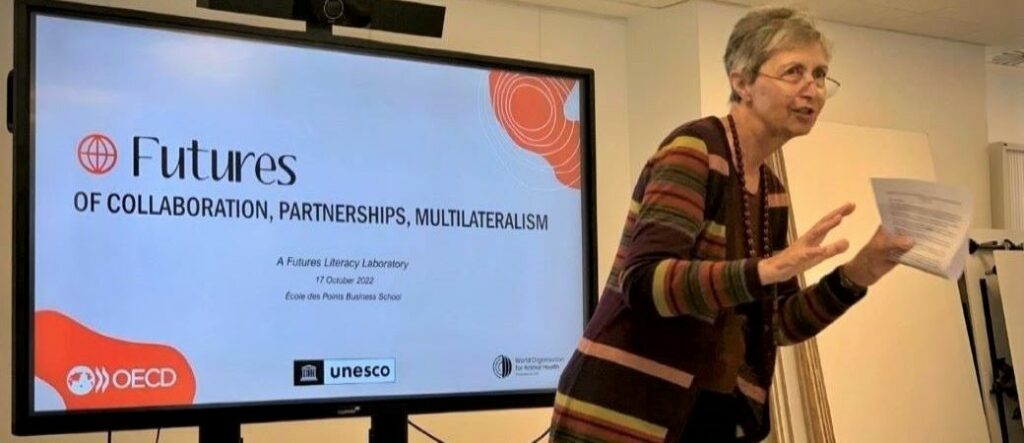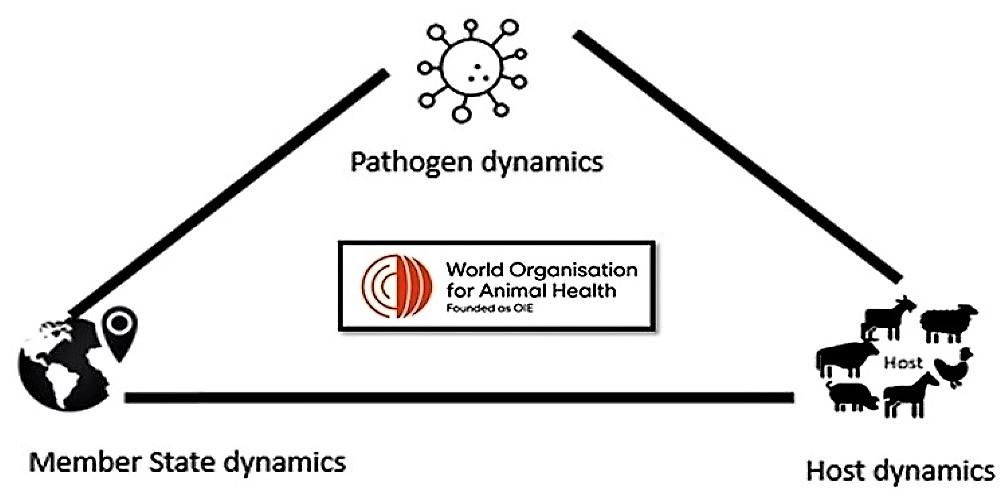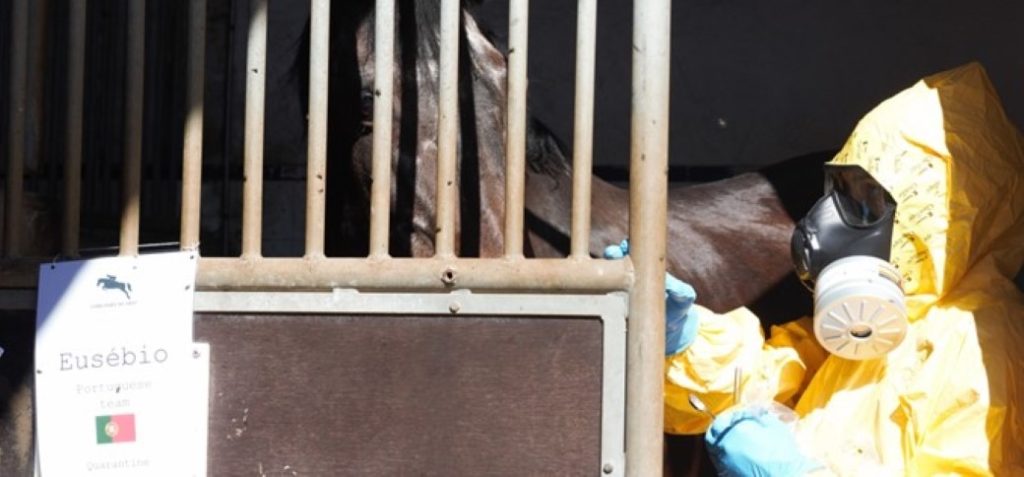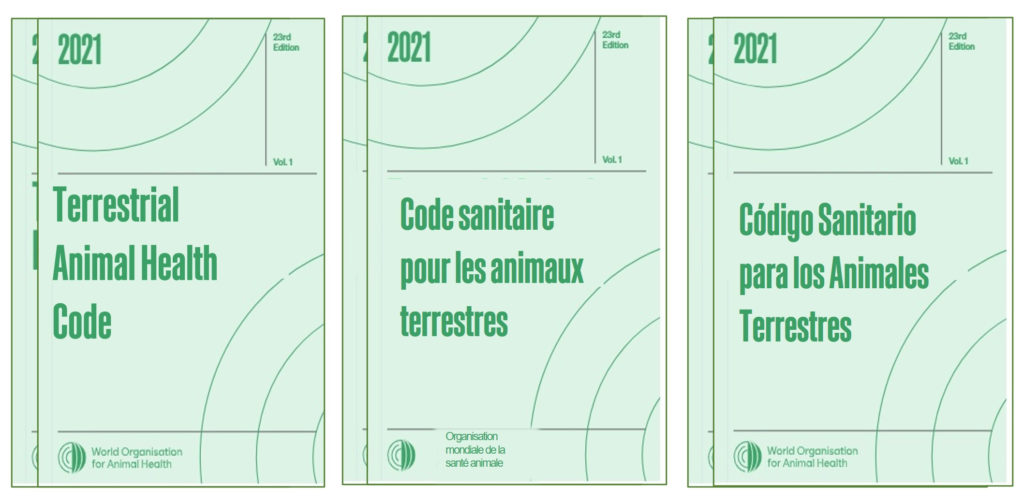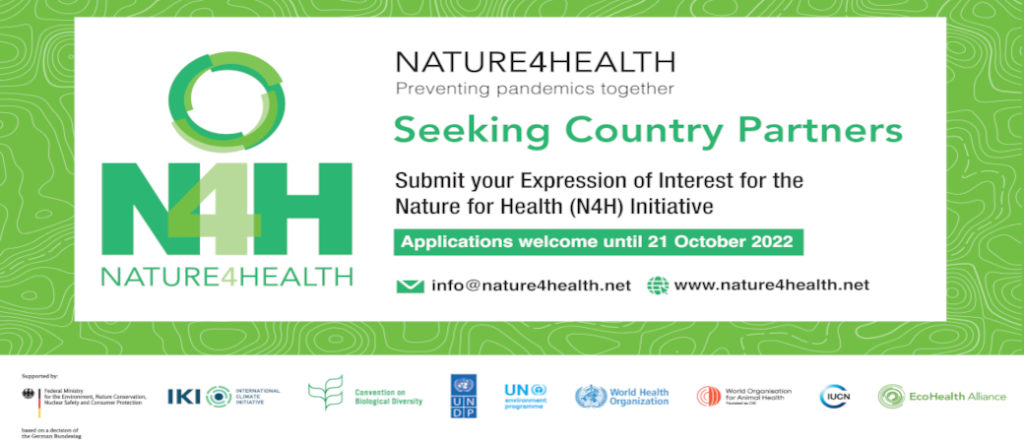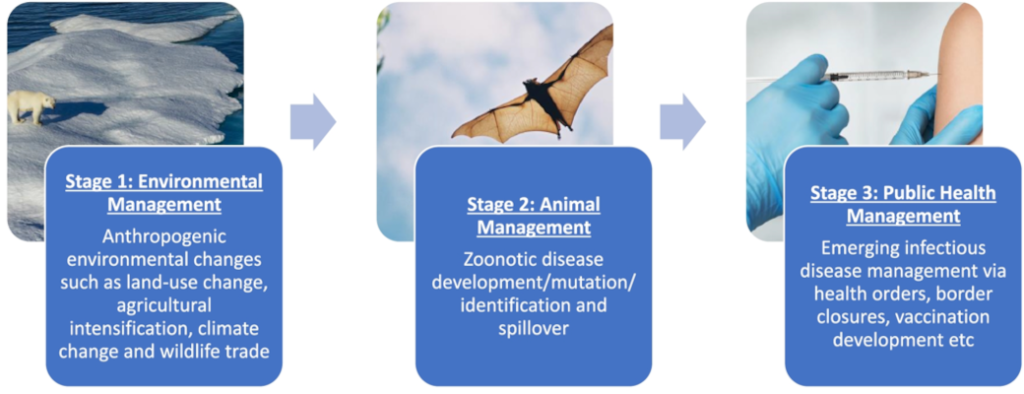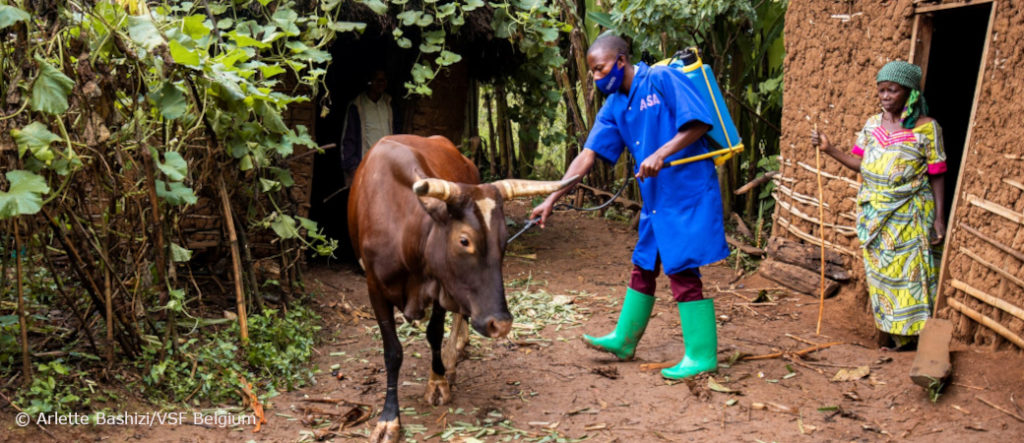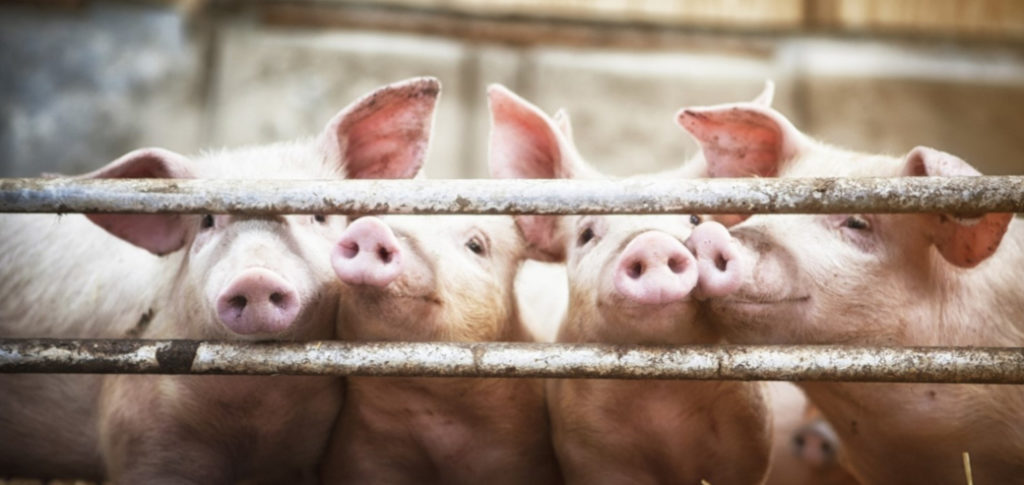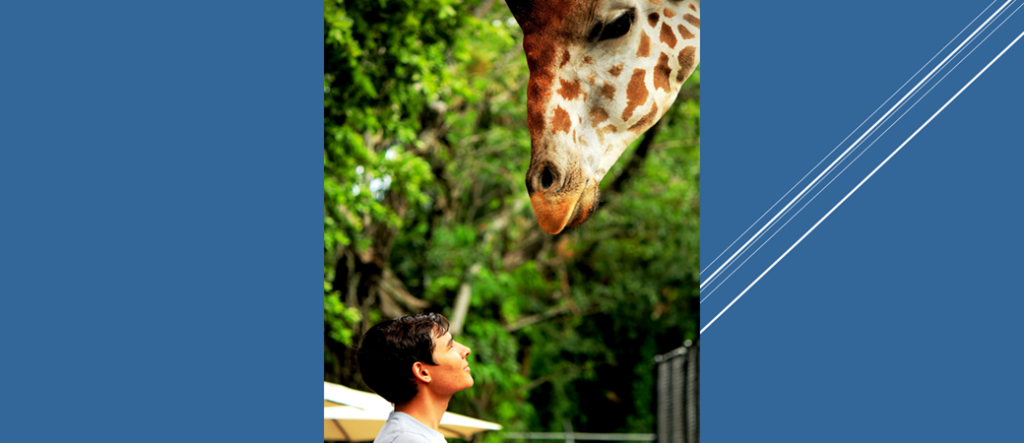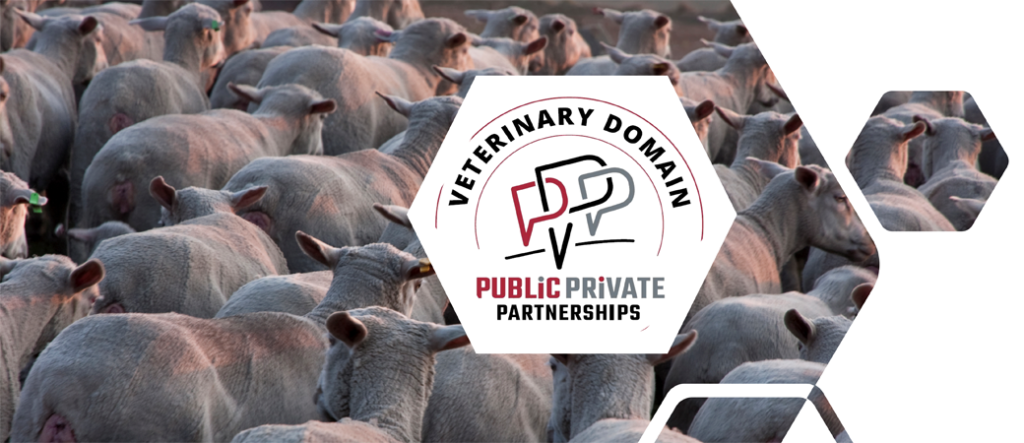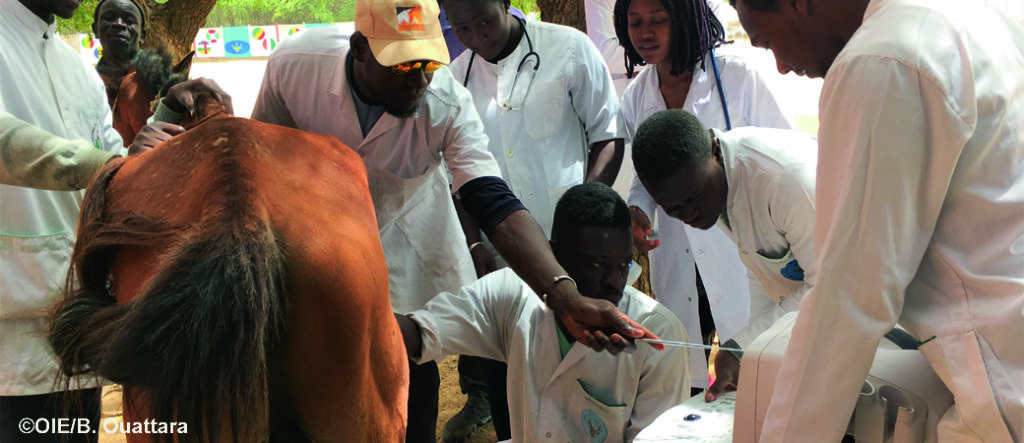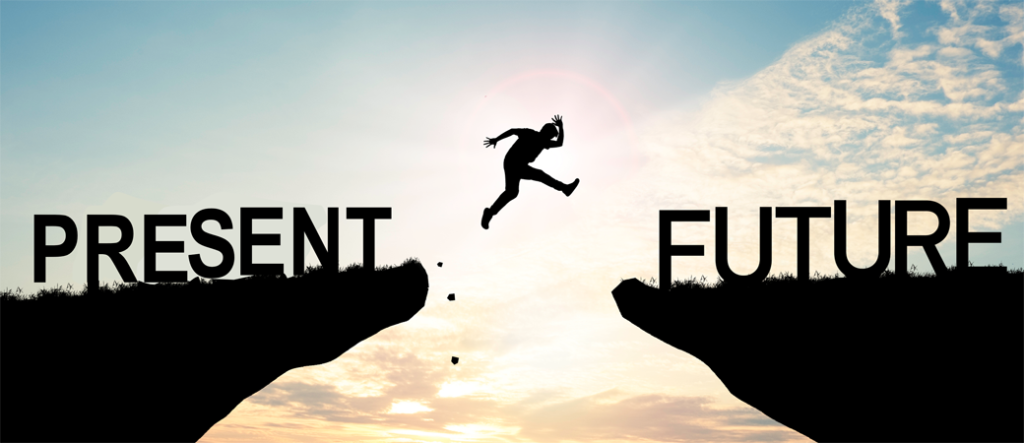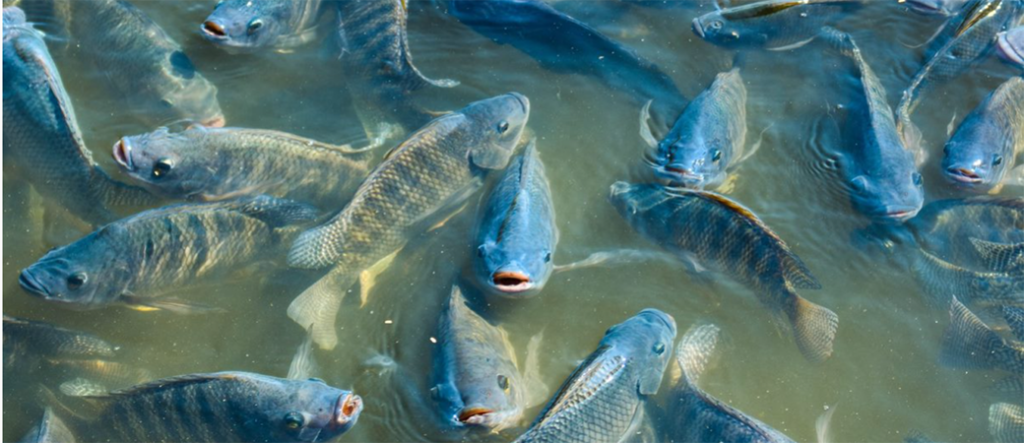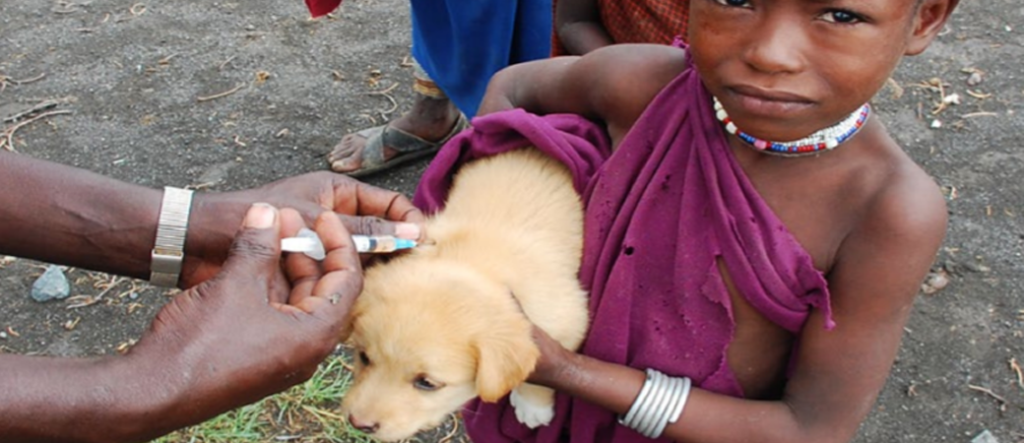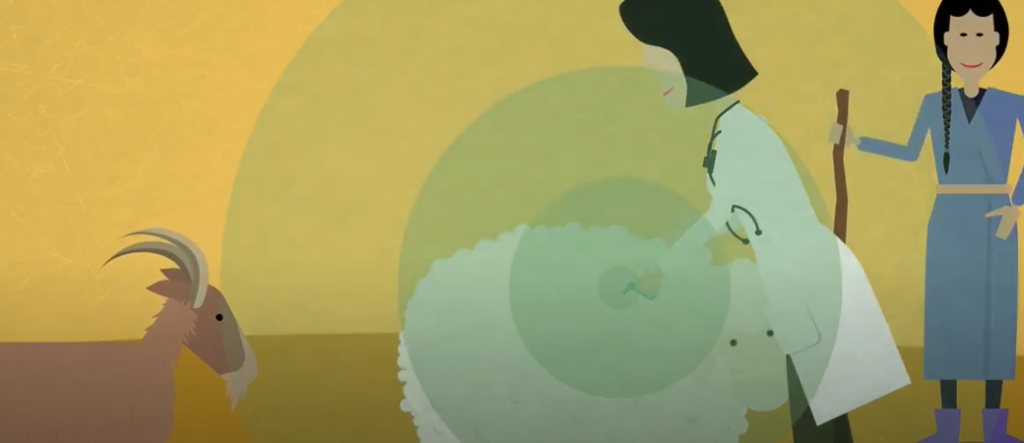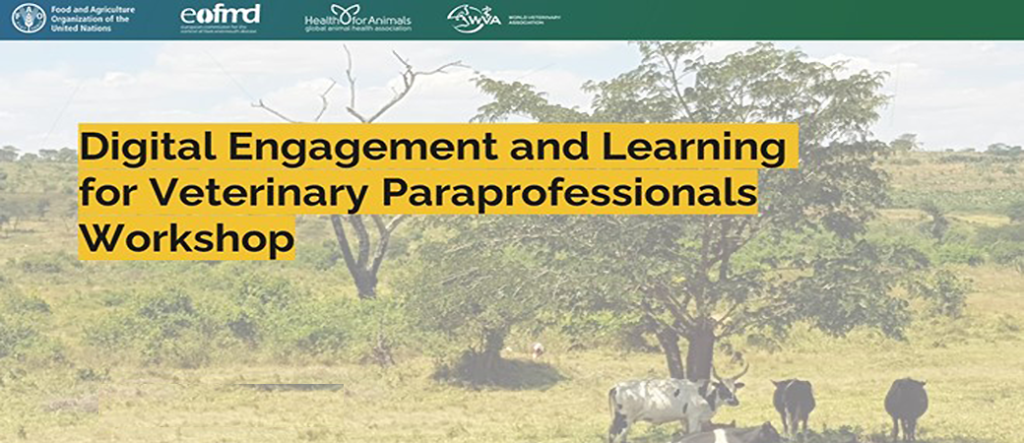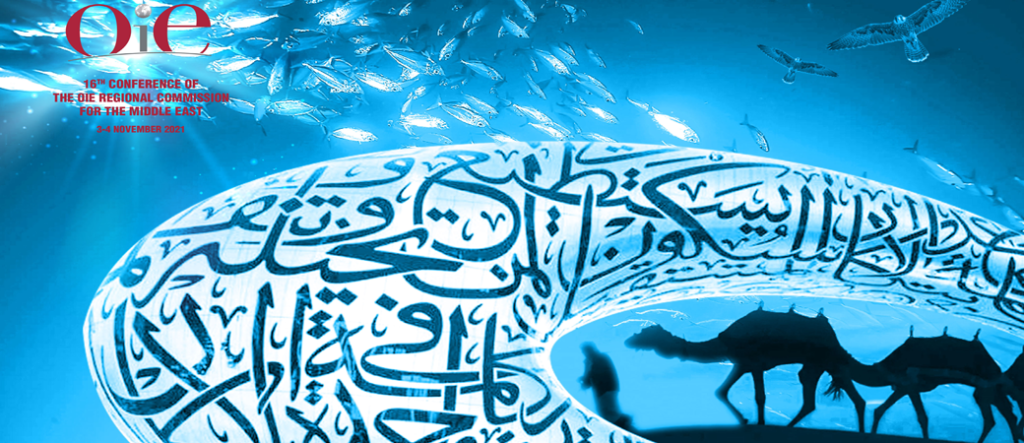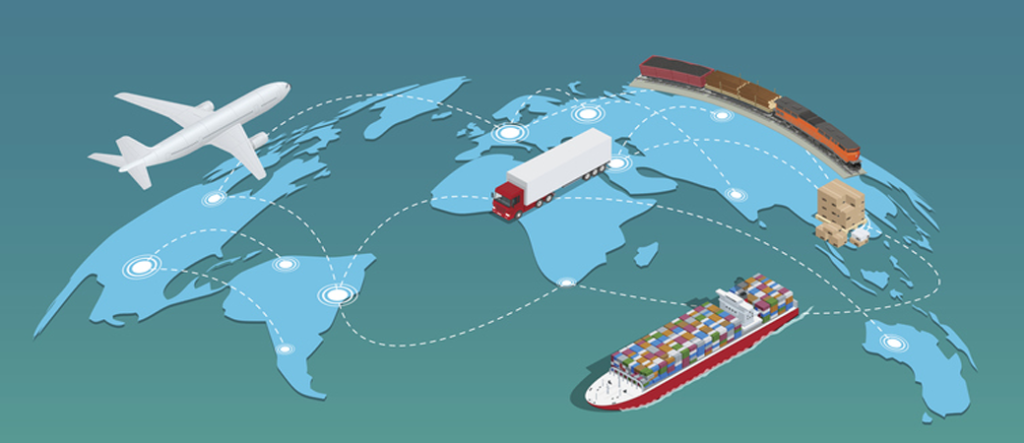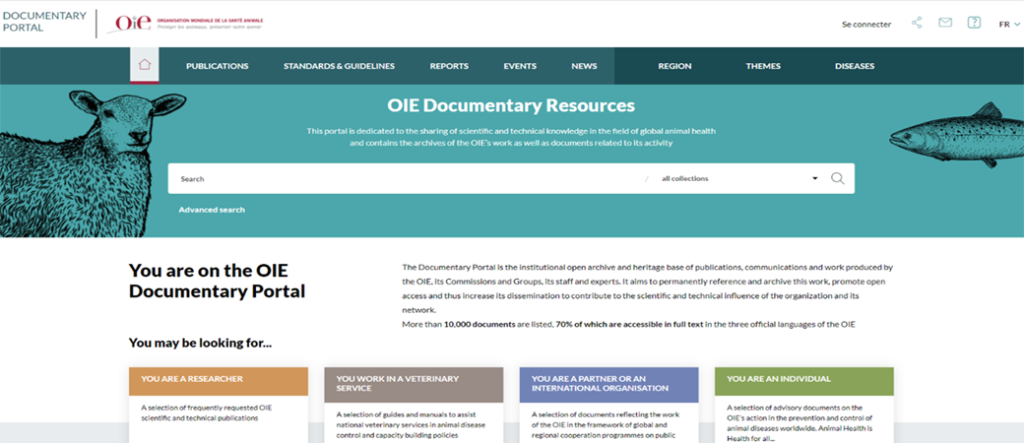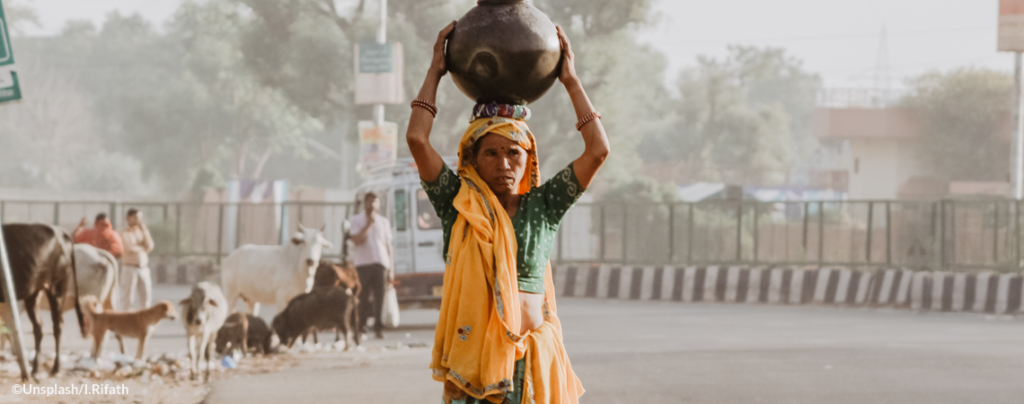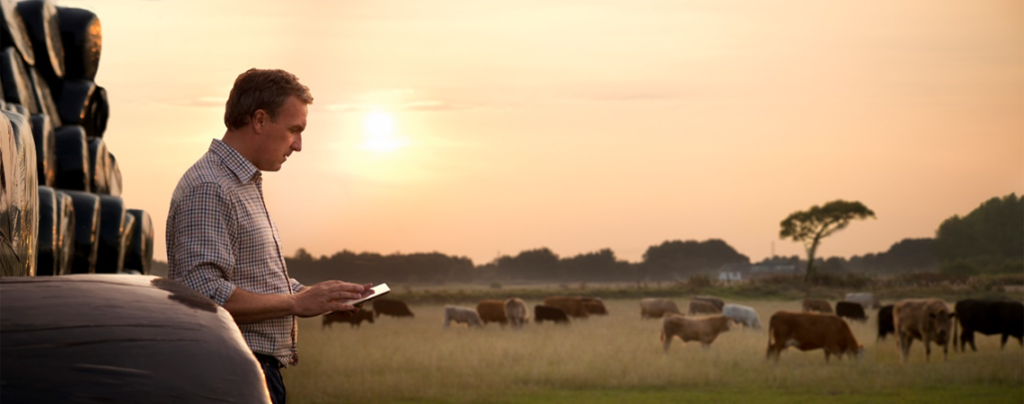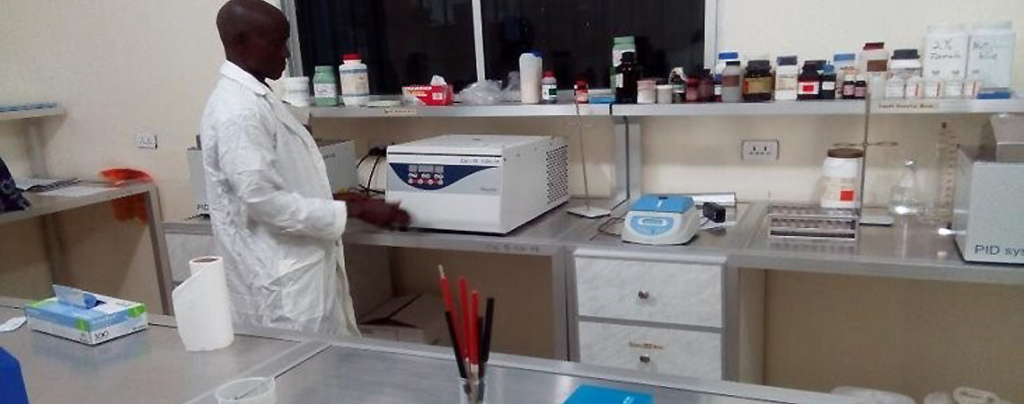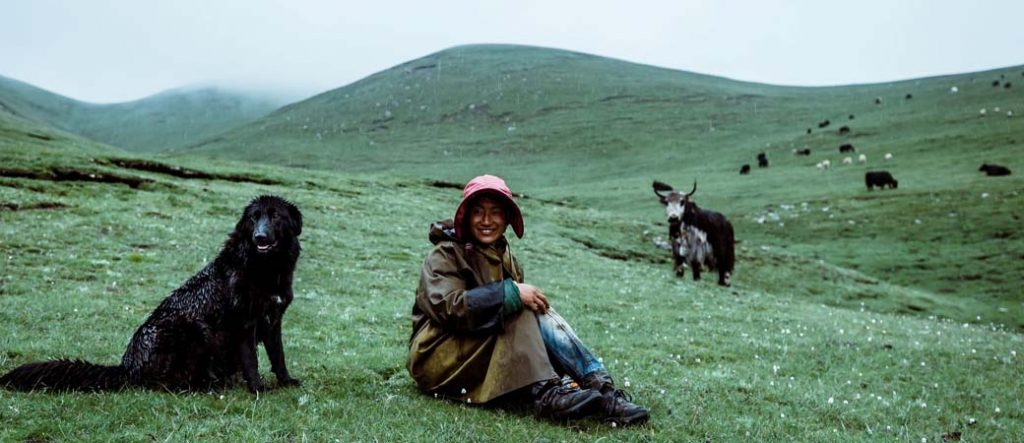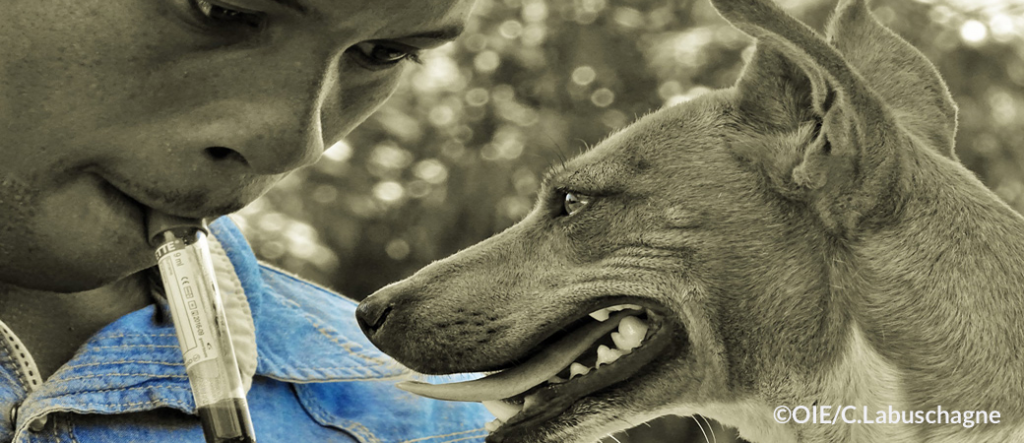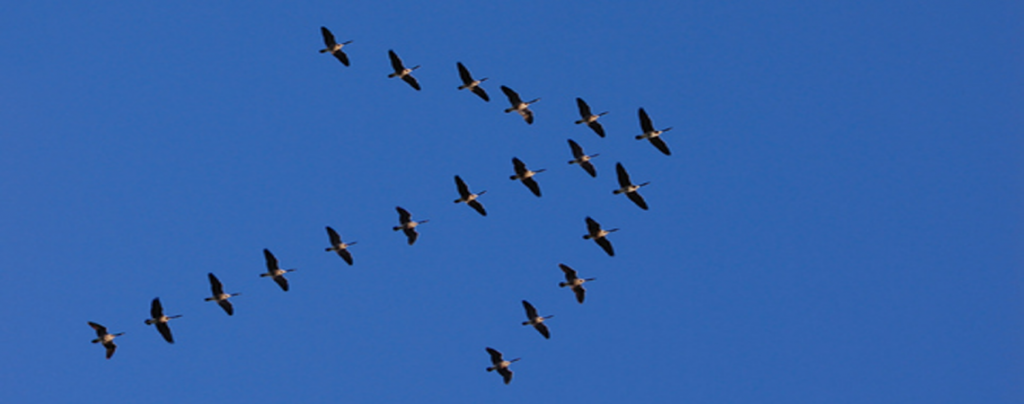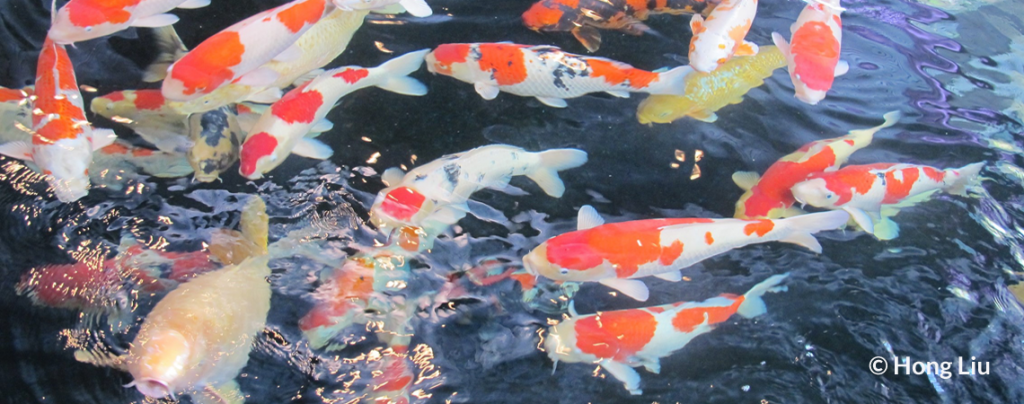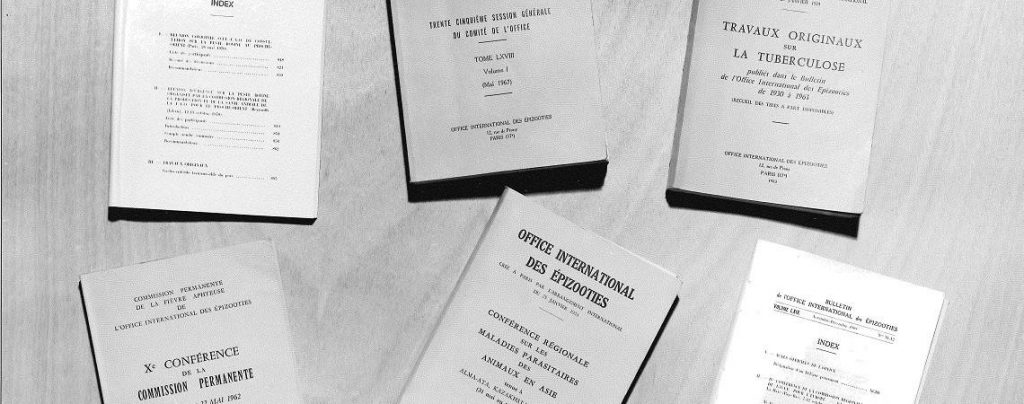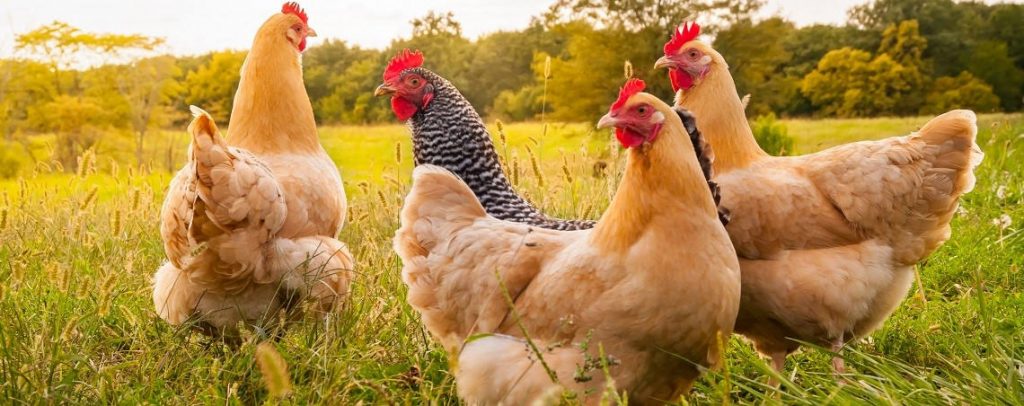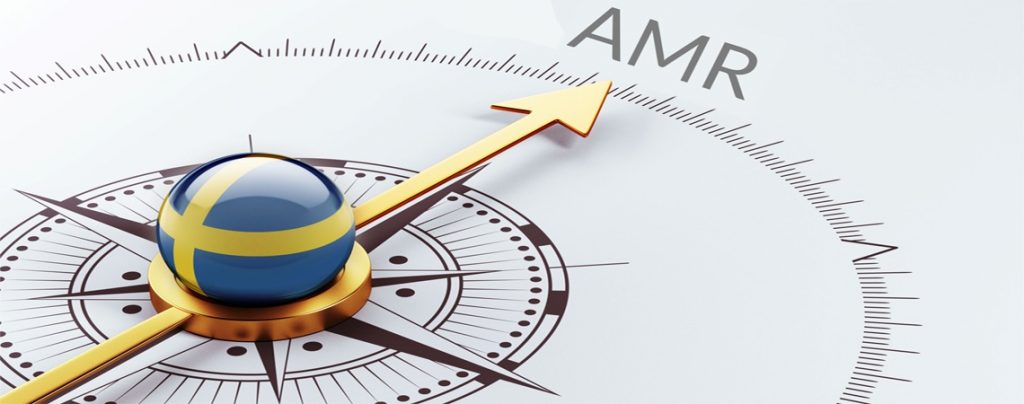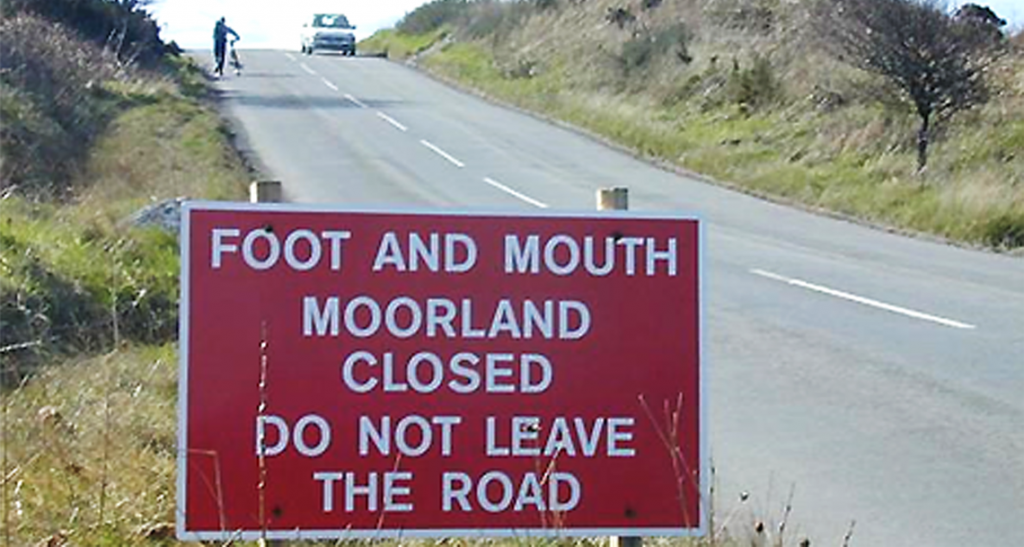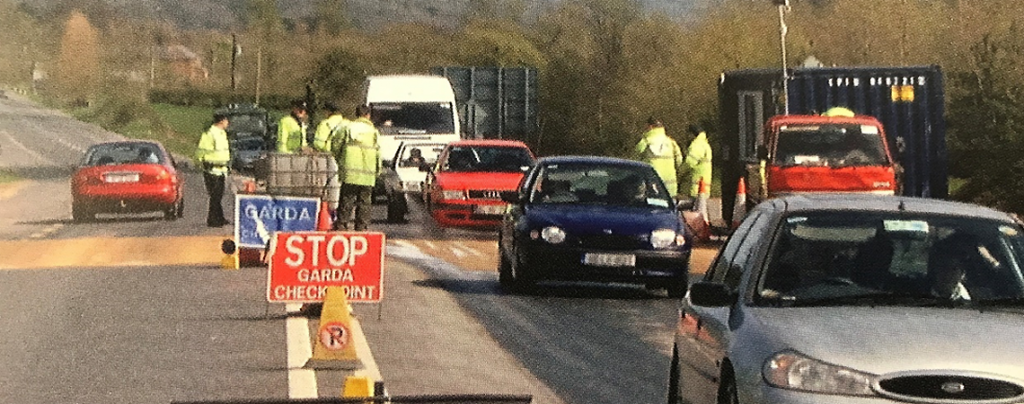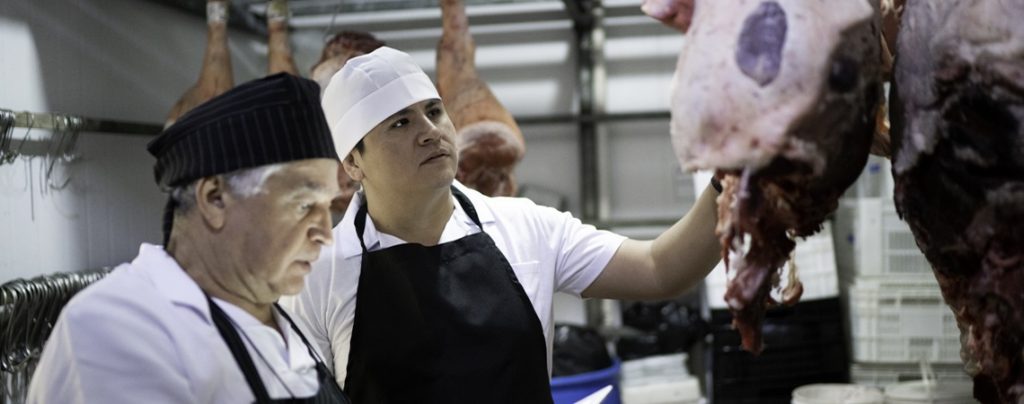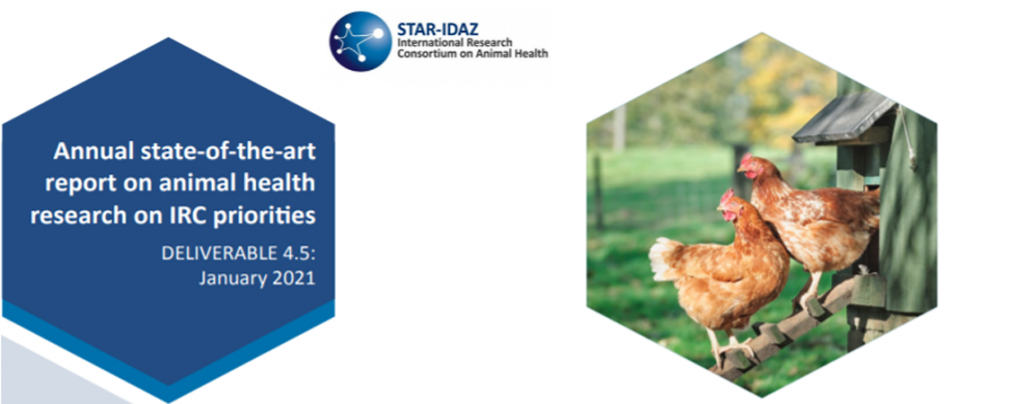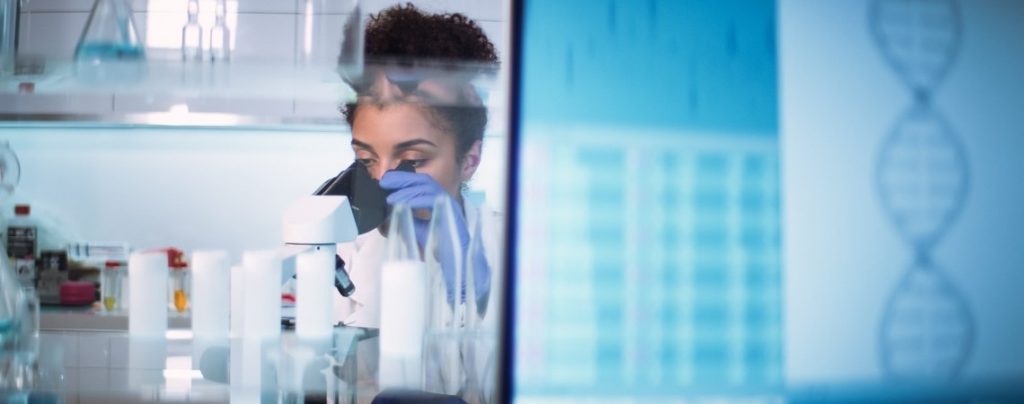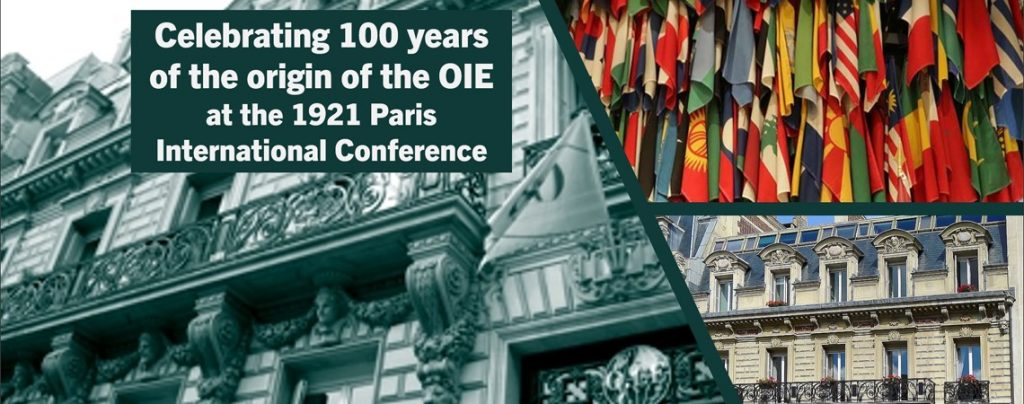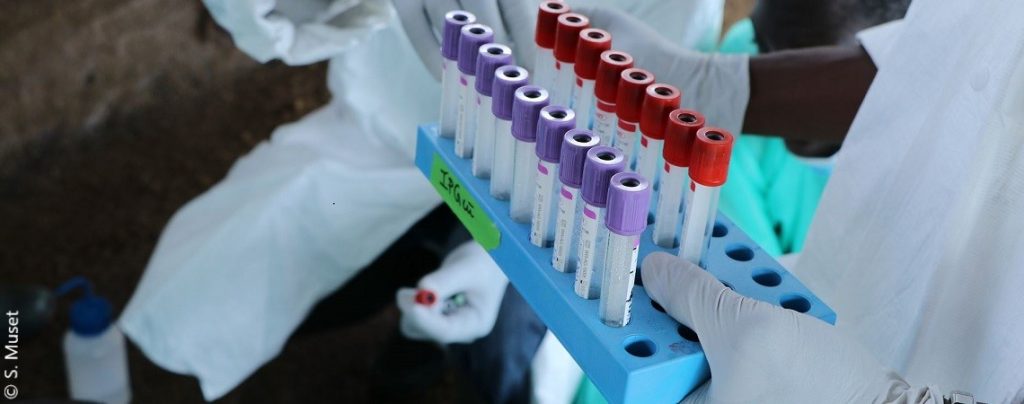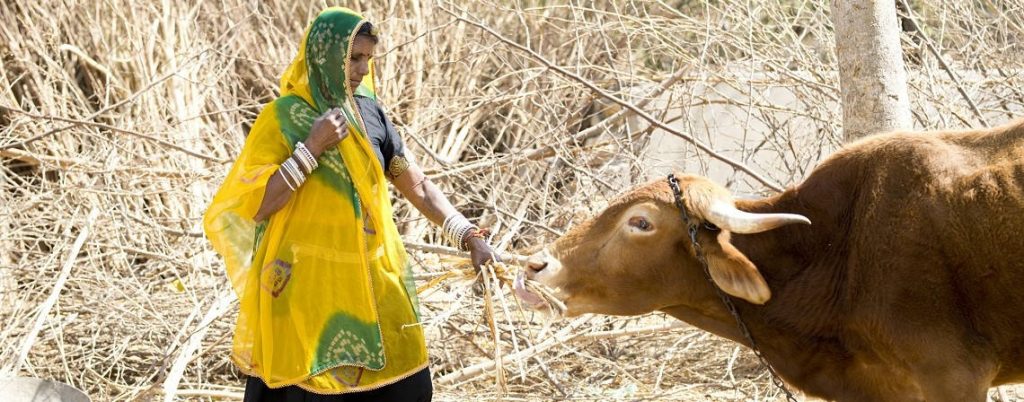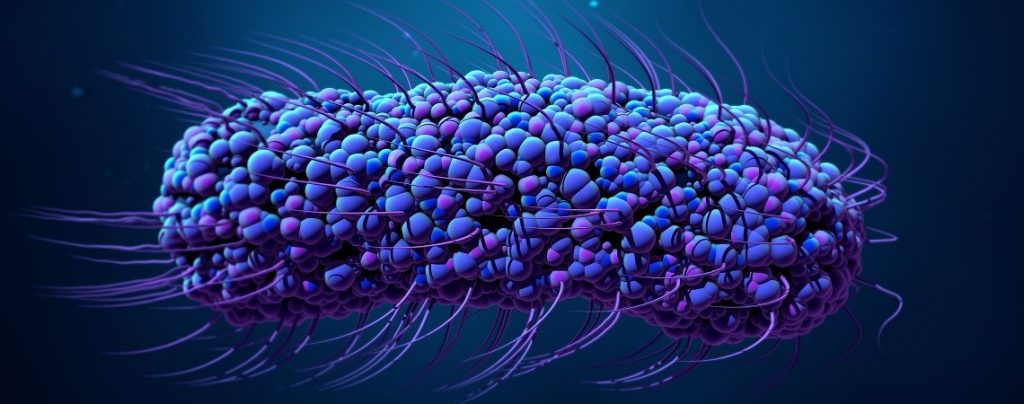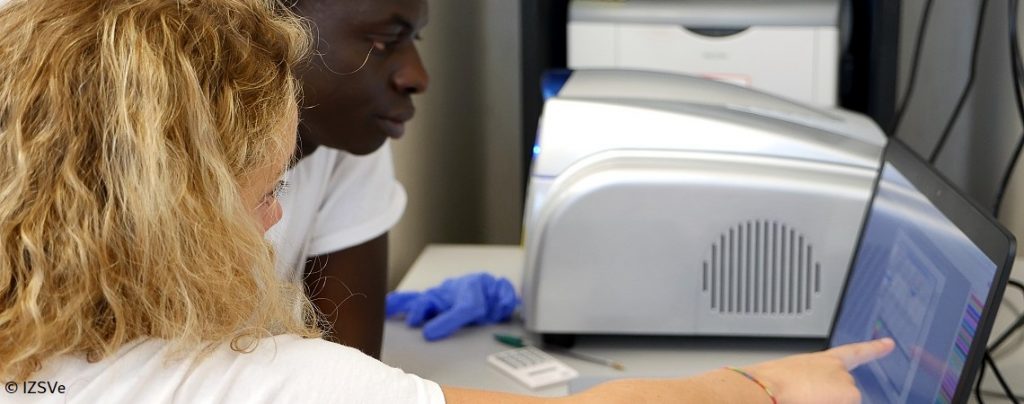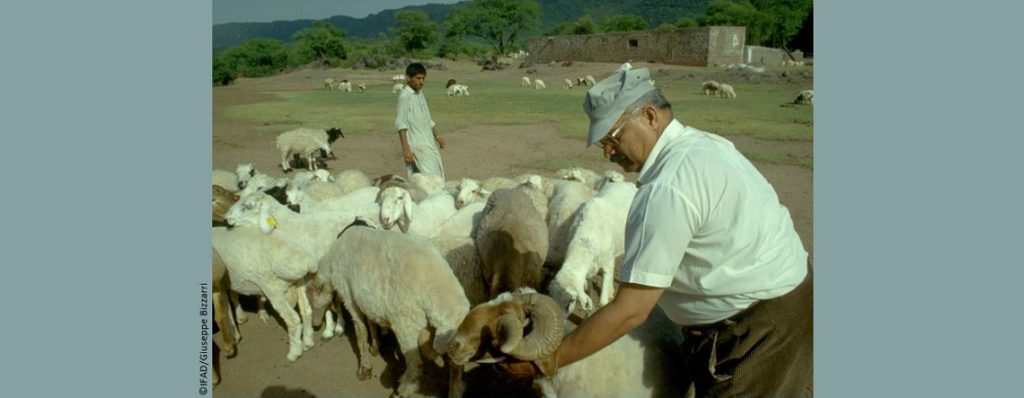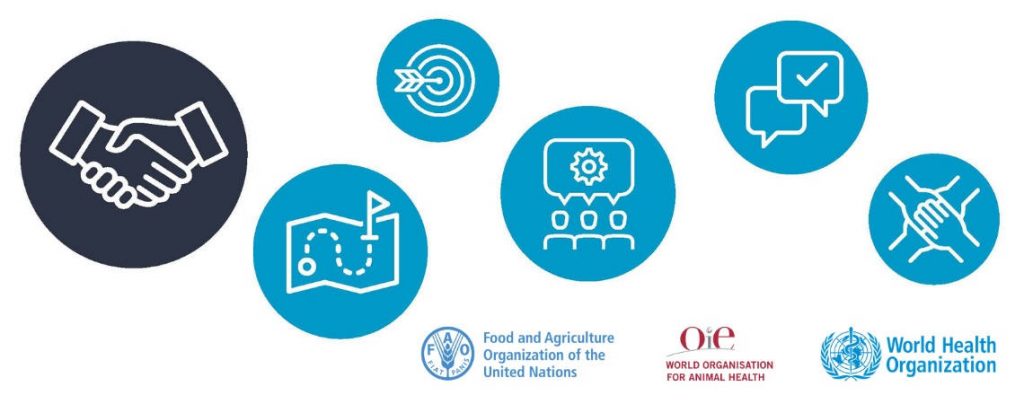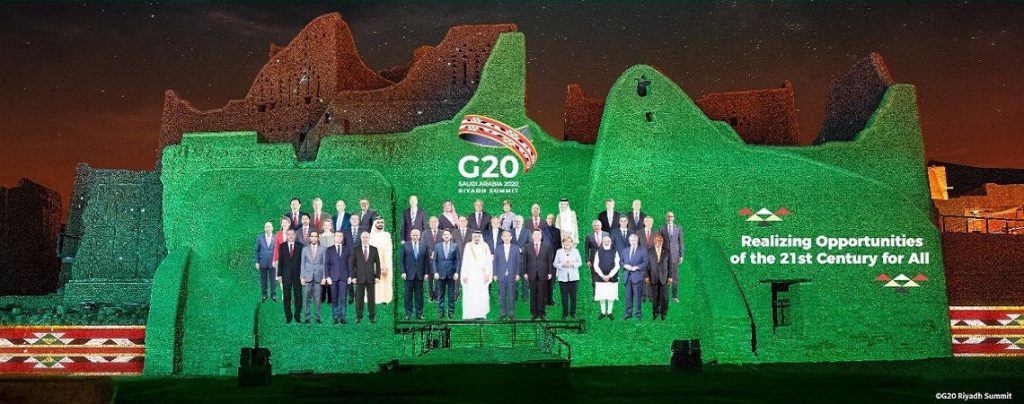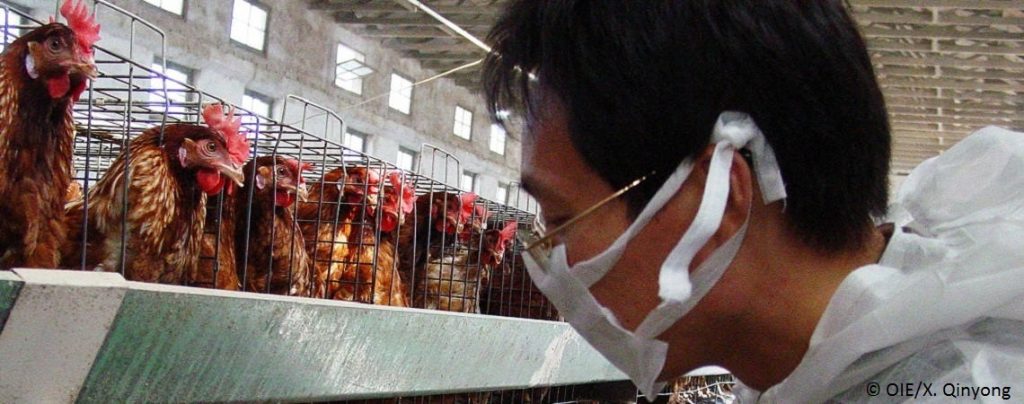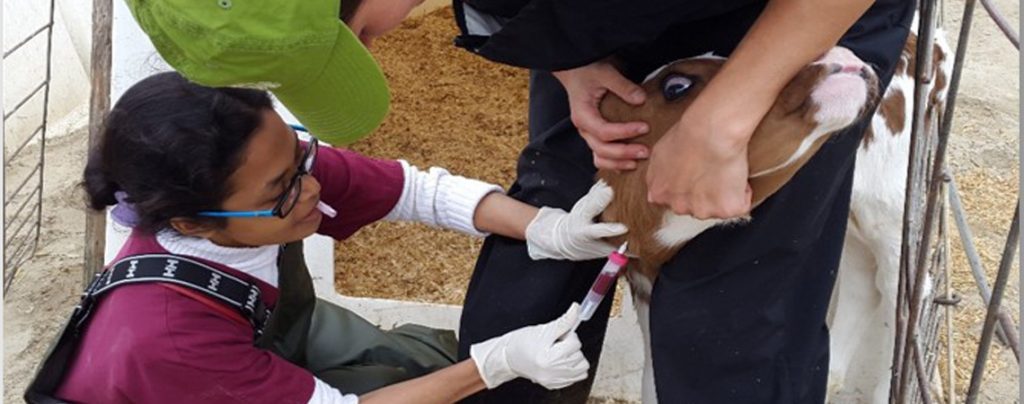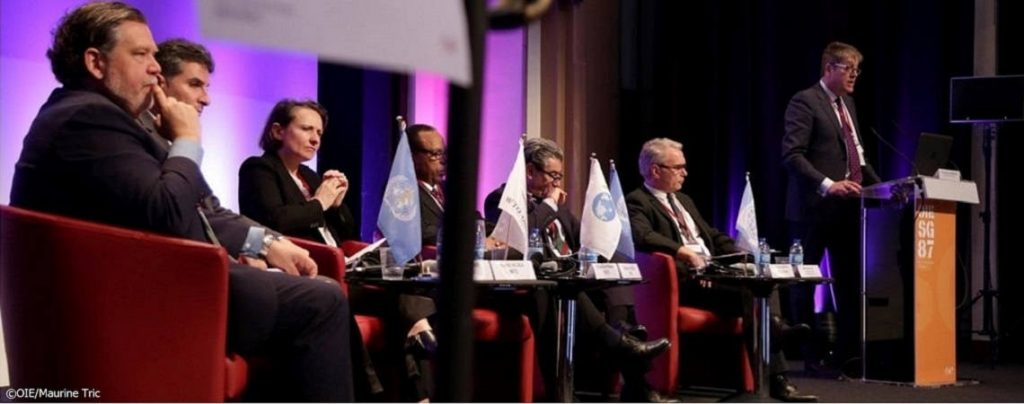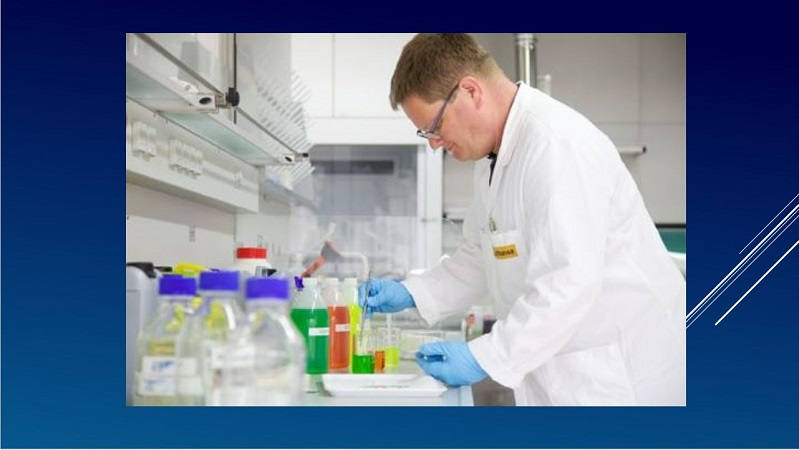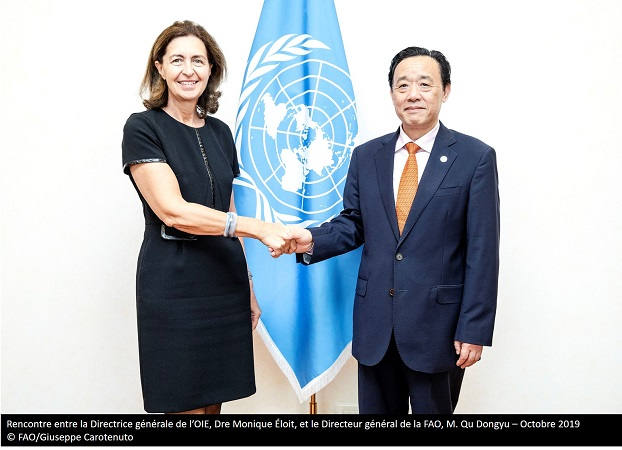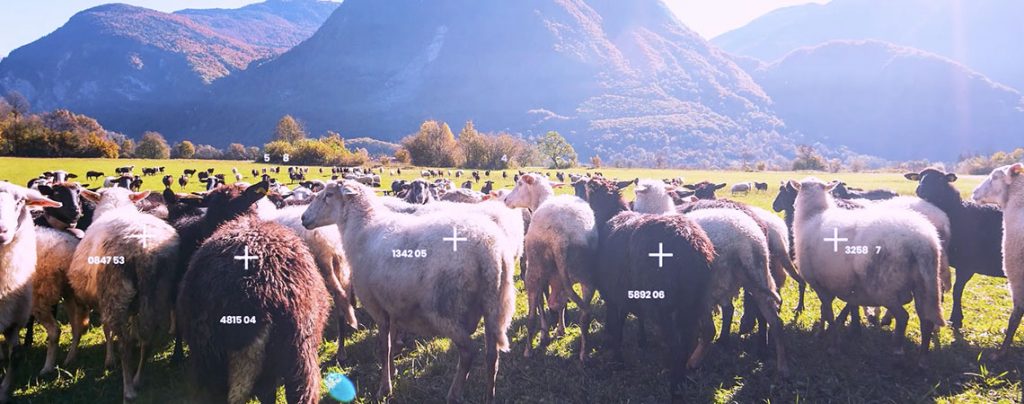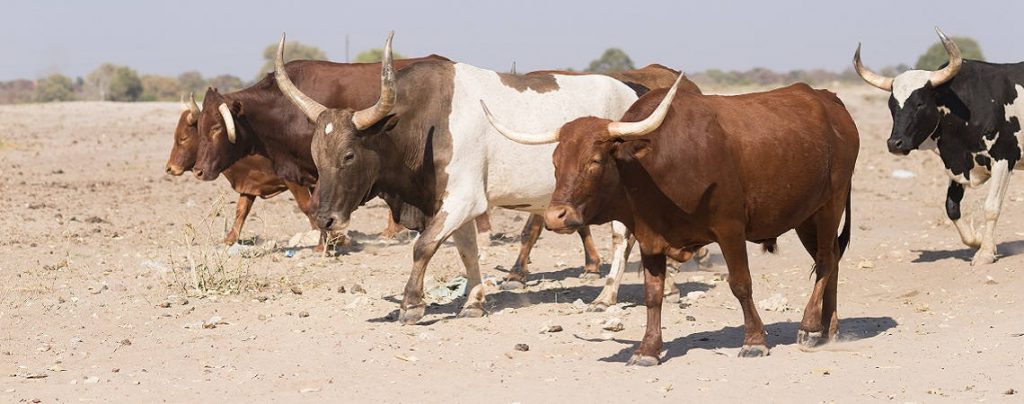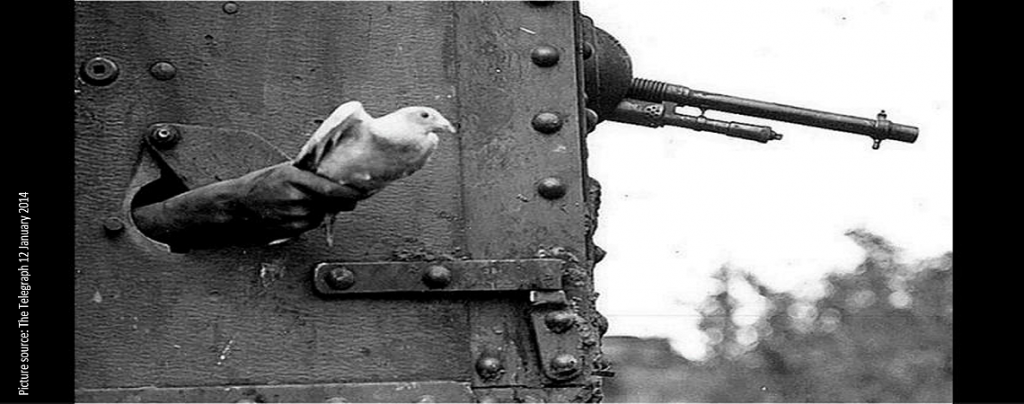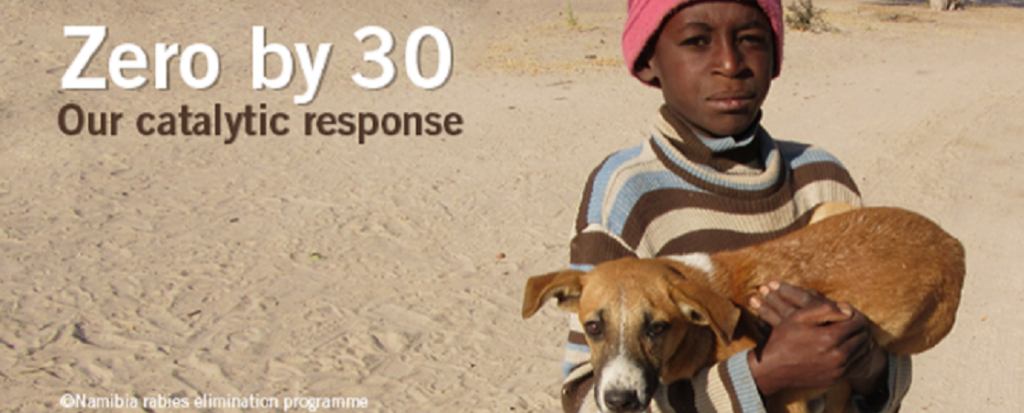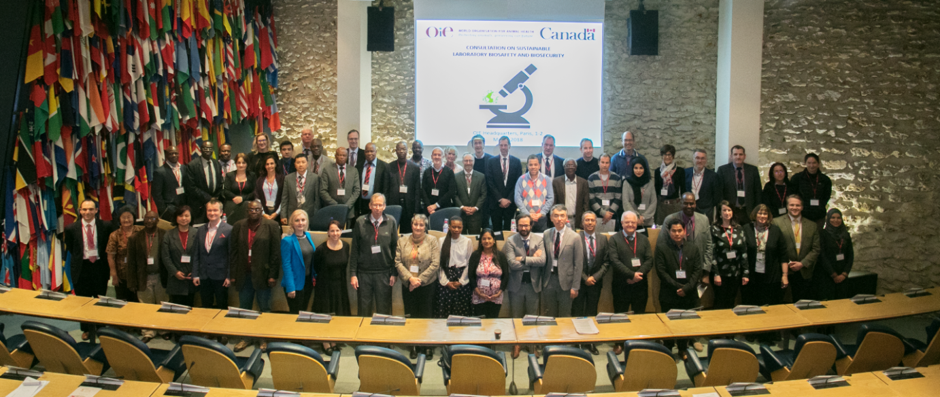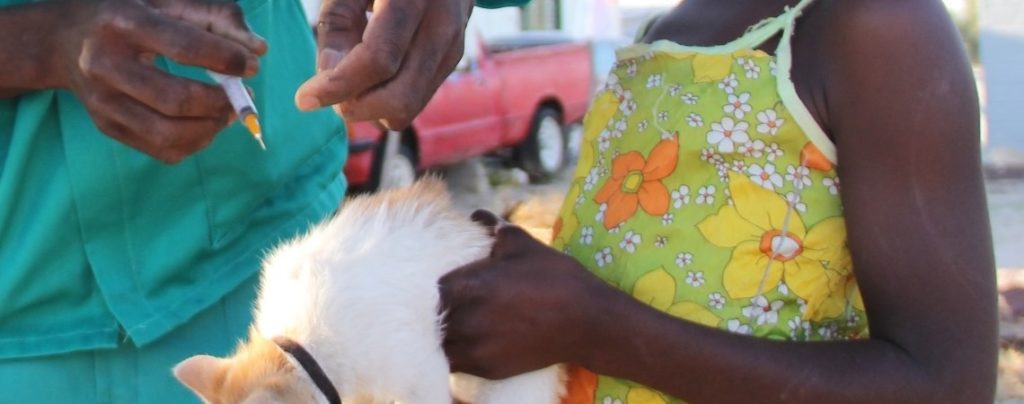INFORMATION EN CONTINU Posté sur 2023-01-30 09:52:41
Exploring the Futures of Collaboration, Partnerships and Multilateralism
Mots-clés
‘When you’re thirsty, it’s too late to think about digging a well.’
This Japanese proverb summarises the meaning of thinking ahead. Anticipating the rainy and dry seasons to better know when to build, adapt or transform structures may also be applied to our ways of doing and being. This is key for organisations to be resilient and remain relevant. Foresight and futures thinking is here to support the process.
To explore and test out foresight methods to challenge how we both think and go about shaping the future, colleagues from WOAH, Organisation for Economic Co-operation and Development (OECD), and the United Nations Educational, Scientific and Cultural Organization (UNESCO) co-designed and held a Futures Literacy Laboratory[1] in October 2022. Hosted by Ecole des Ponts Business School in Paris, WOAH staff participated in the one-day workshop to explore the futures of collaboration, partnerships and multilateralism.
As an organisation that underlines the importance of – and significantly relies on – collaboration, partnerships and multilateralism to fill its mandate, the methods used in the laboratory offered participants an opportunity to unpack and consider changes that may impact the present and the future of WOAH operations. By generating insights about the futures, we can use this information to support decision making today in the face of changes, opportunities or disruptions that will have an impact on animal health and welfare.
The future of multilateralism, collaborations and partnerships
Foresight and futures thinking methods also challenge our assumptions about the continuity of present conditions. Because influence, politics, economics, social dynamics are in constant flux, it is doubtful that we can continue to assume that multilateralism, collaborations and partnerships of tomorrow will continue to operate, or even exist, in the same state they are today.
Taking some lessons learnt from the first Futures Literacy Laboratory, participants explored both plausible and highly improbable scenarios depicting futures set in 2035 and 2050, based on trends observed today, extrapolating to show where they could possibly go.
The Elephant in the Room and The Unicorn Takeover
The first of the two plausible scenarios, ‘The Elephant in the Room’, depicts a future where society is characterised by powerful private actors, where public opinion, support of governments and international organisations has waned.
The other plausible scenario, ‘The Unicorn Takeover’, describes a future where nature and biodiversity are pushed to the limit. Here, the metaverse not only controls human interactions, but creates virtual animals – some even mythical. And the care for their health and welfare is more important than animals in real life.
These described futures have, or may seem like they have, a high degree of plausibility. And in many ways, the events described above are already happening.
The year 2050
Participants then headed into a completely unfamiliar future scenario, referred to as a ‘reframe scenario’, to gradually challenge their thinking on how collaborations, partnerships and multilateralism is being shaped and influenced. Because this scenario is designed to go beyond the confines of what is preferable, probable, or plausible, it reminds us that the future is unpredictable. Anything can happen.
The story goes that in 2050 all the political, governance and economic structures that we know today no longer exist. In their place are multiple dynamic communities that are small and localised and where decision-making is open and fluid. Networks between communities spontaneously appear and disappear. Production methods are varied and there is no consensus or standard means to manufacture or produce anything. Knowledge and structures (political, governance, economic, etc.) are not organised in any apparent order or within any boundaries. And there is no one scientific authority or group of scientific authorities disseminating scientific facts or science-based standards. As such, knowledge and understanding of animal health and welfare is diversified – local communities and small producers set their own standards for animal health with varied outcomes.
Creating opportunities for change and transformation at WOAH
In exploring this future, assumptions around the continuity of governance structures, collaborations and partnerships were challenged. How would WOAH’s role change or transform? What sort of services would the Organisation provide? What would its structure be to interact with multiple dynamic communities?
In all of these futures, the question is raised on what WOAH should consider doing to remain relevant and useful. This is the value of ‘using the future’ to reflect on the volatility, uncertainty, complexity and ambiguity of the world. These futures help launch discussions and create opportunities for change and transformation.
The report of this Futures Literacy Laboratory is forthcoming. Learn more about WOAH’s first Futures Literacy Laboratory by clicking here.
Contact: Tianna Brand, WOAH Foresight Advisor (t.brand@woah.org)
Photo: Dr Monique Éloit, WOAH Director General, at the laboratory
Photo © Joshua Polchar/OECD
[1] This laboratory is the second one; the first was held in November 2021– Futures Literacy Laboratory 1. WOAH has an agreement with UNESCO to co-design and hold two Futures Literacy Laboratories and a masterclass on Future Literacy theory for participants of the laboratories.




